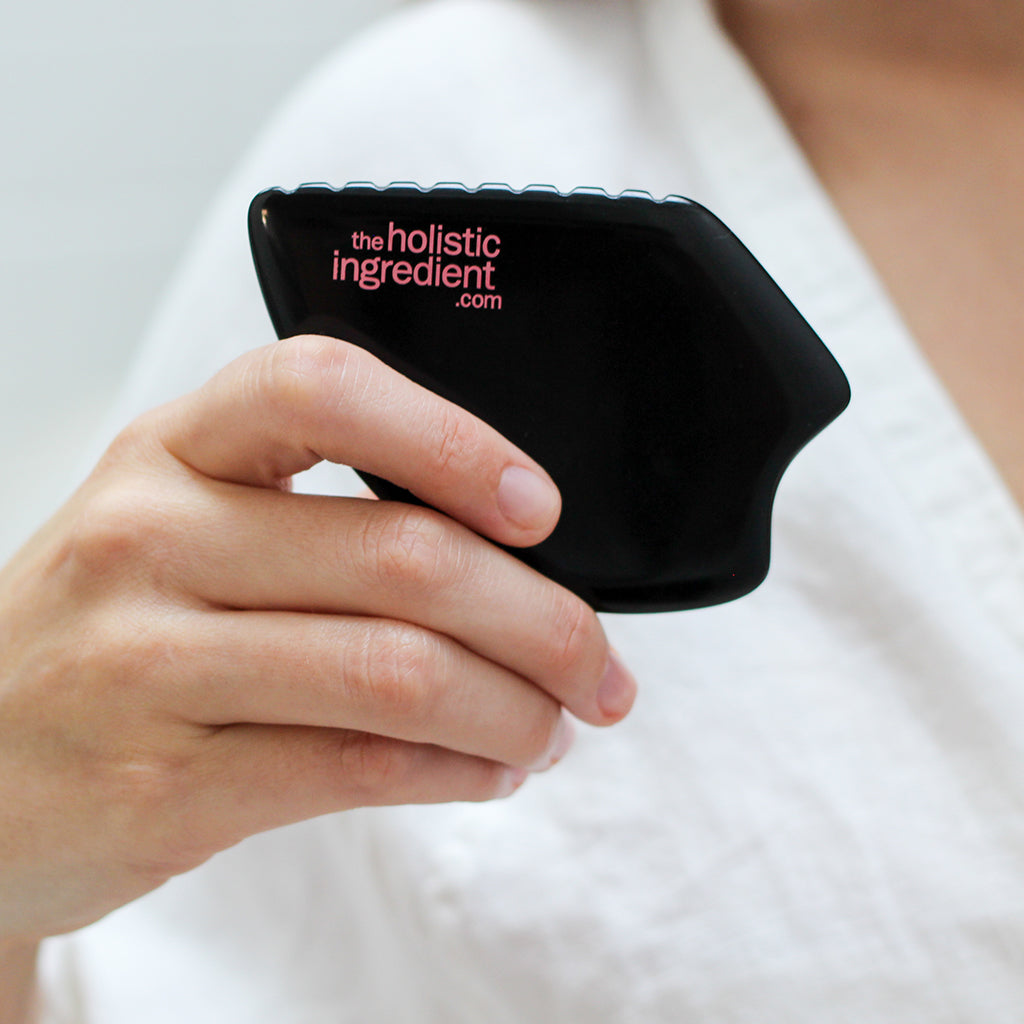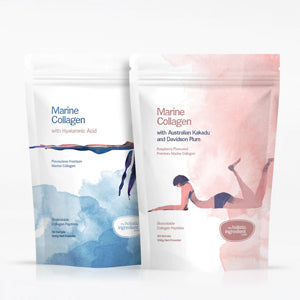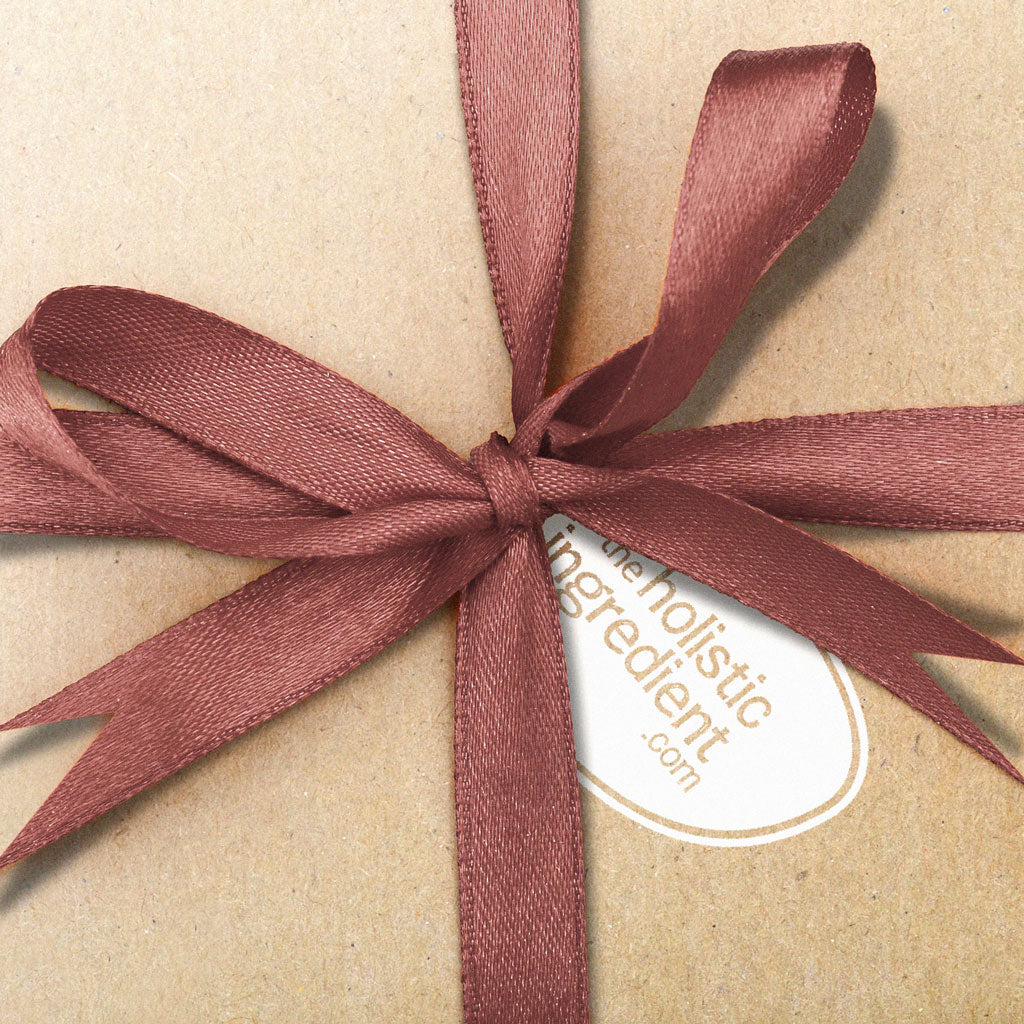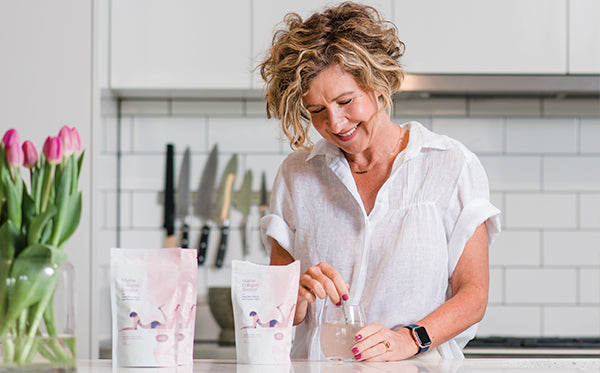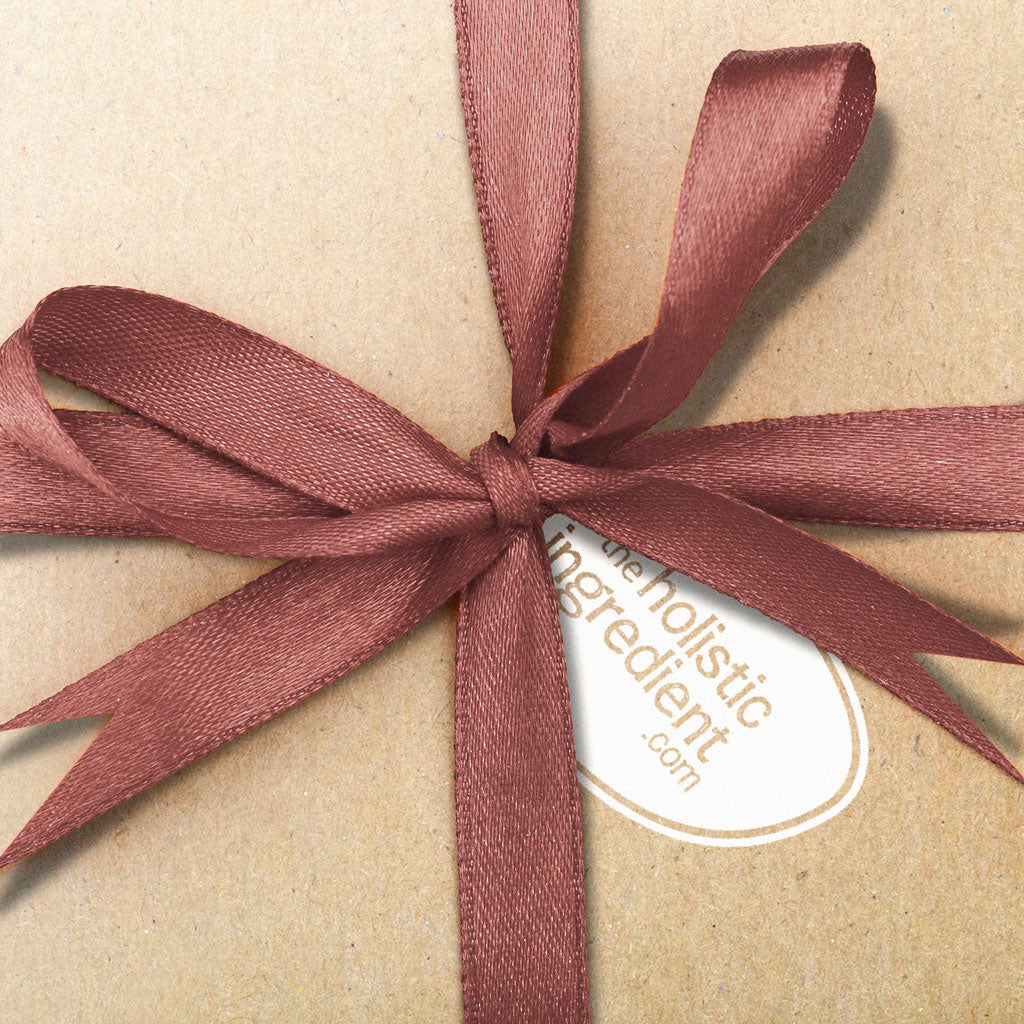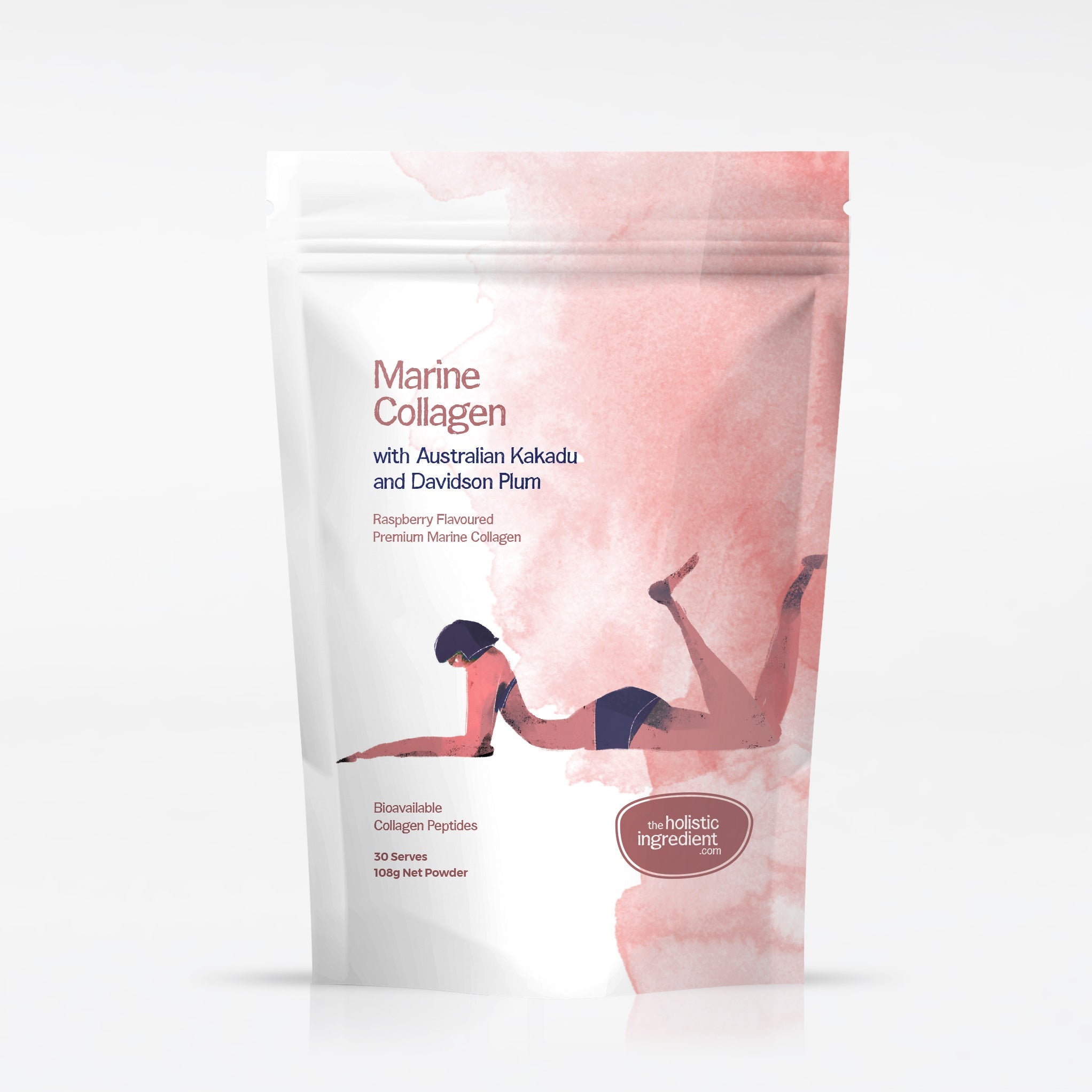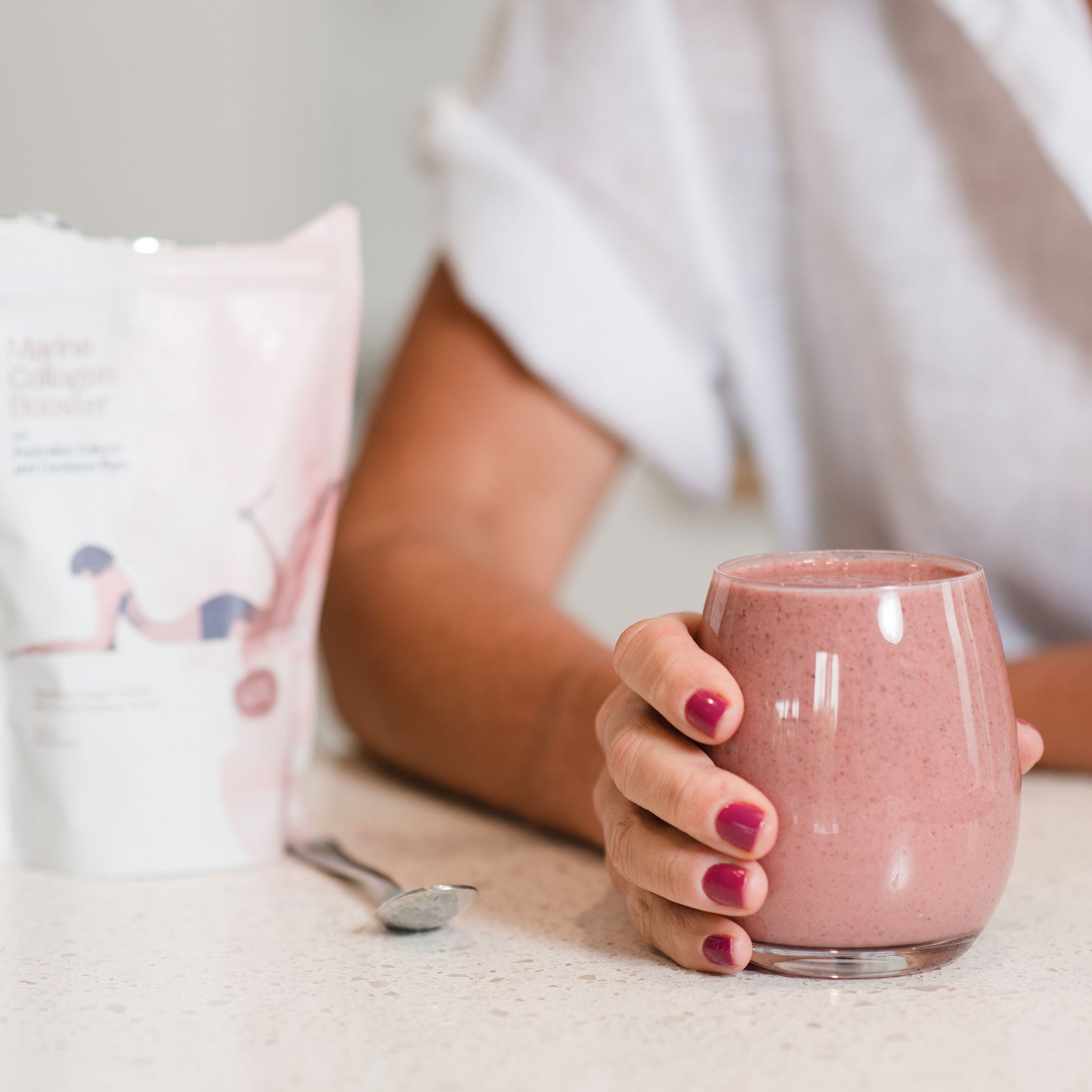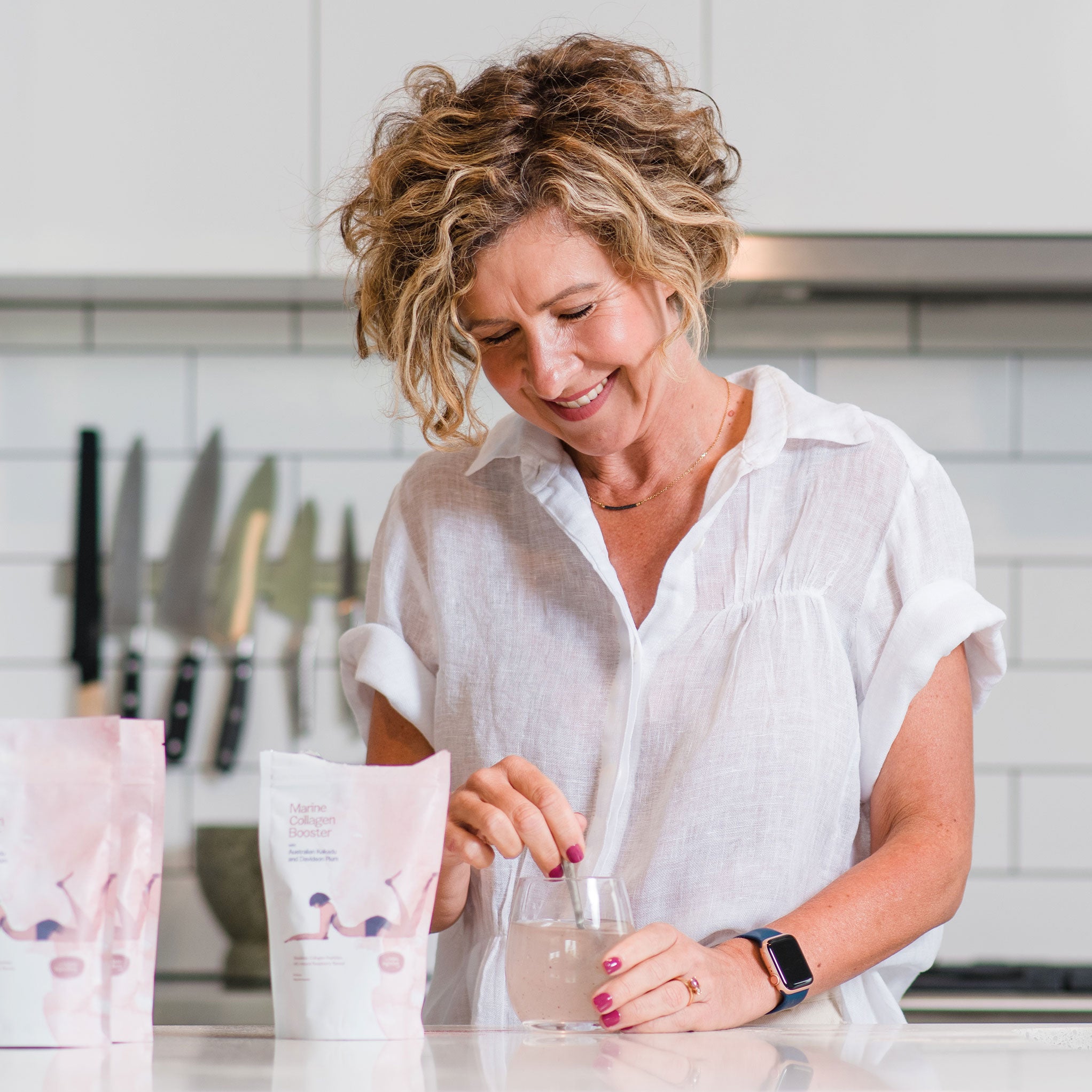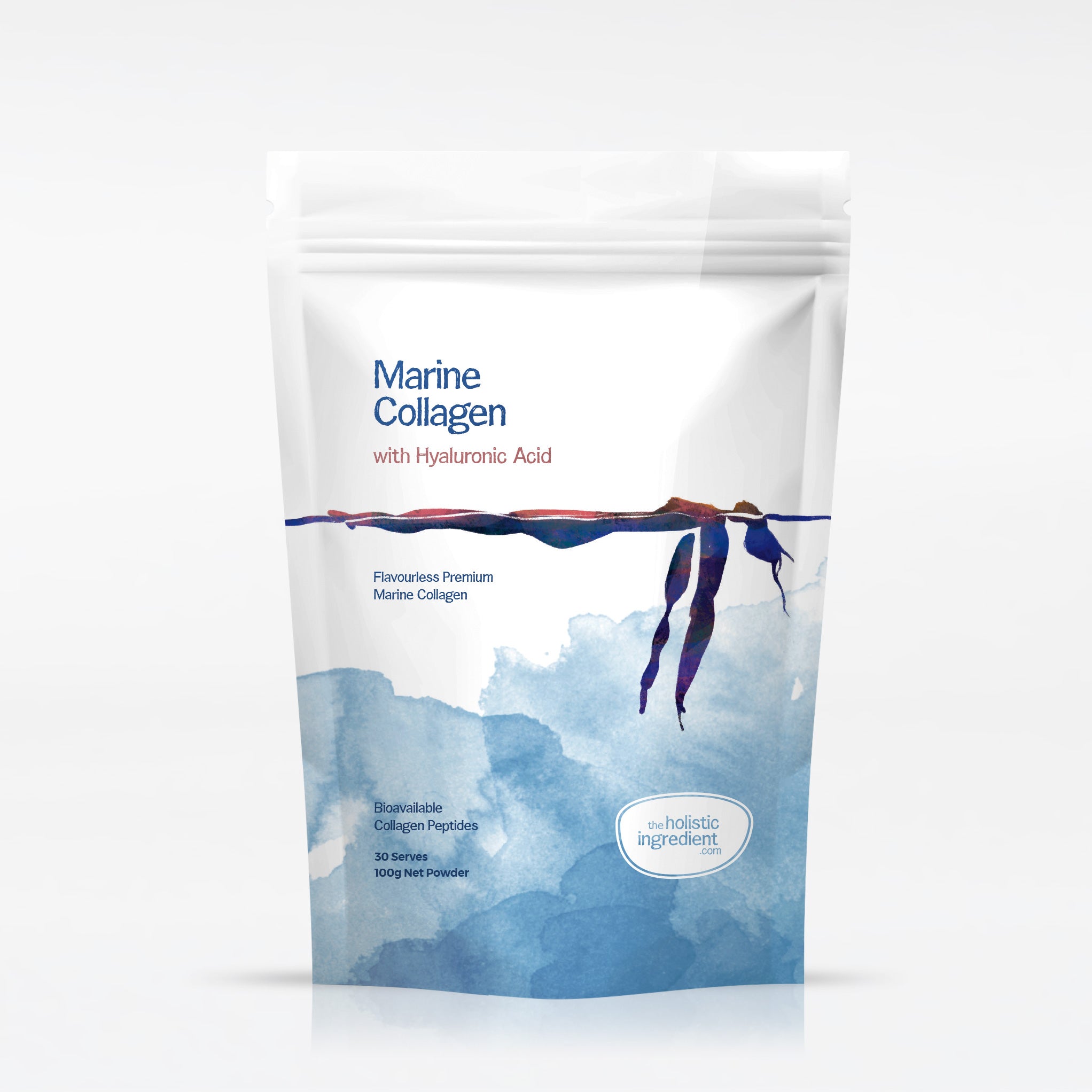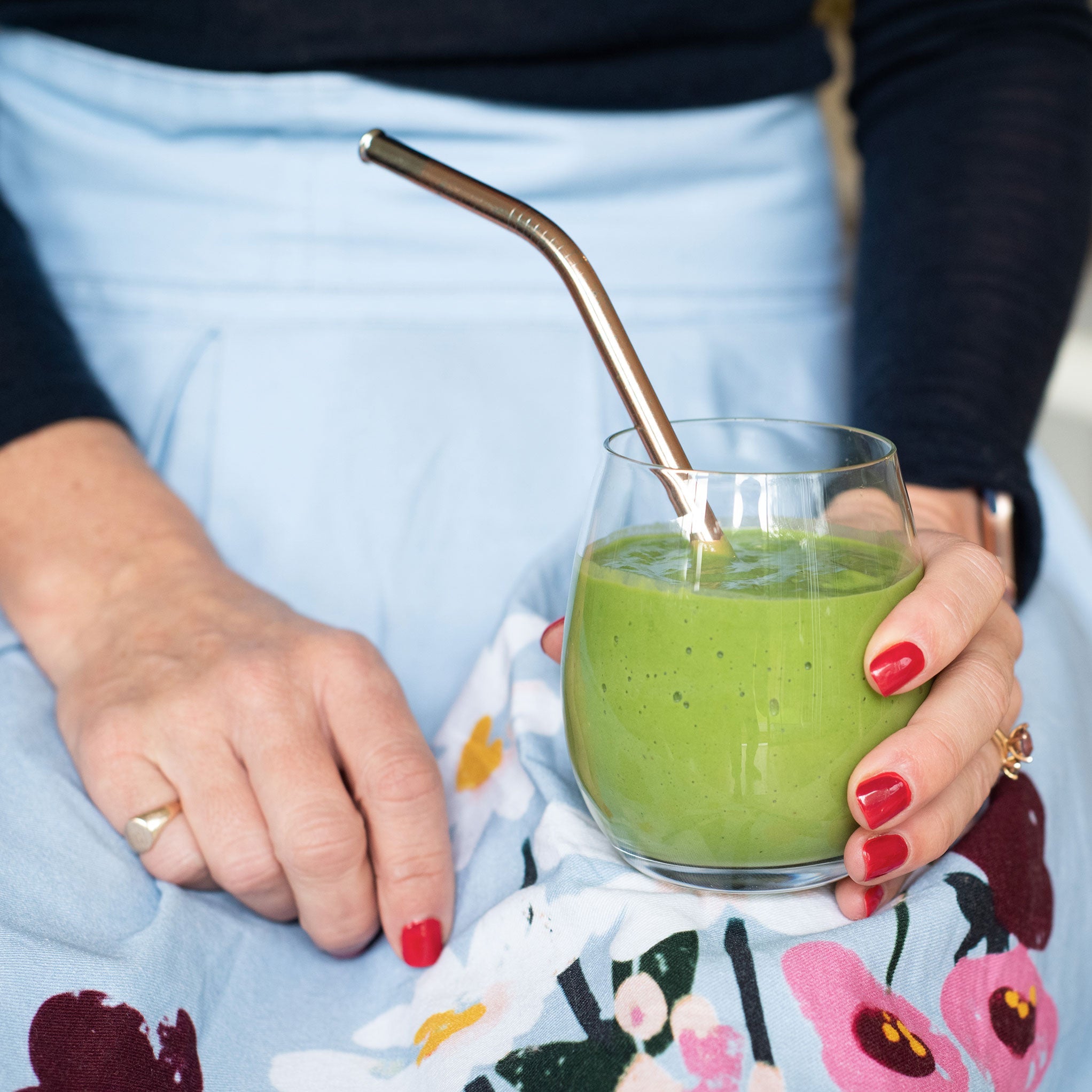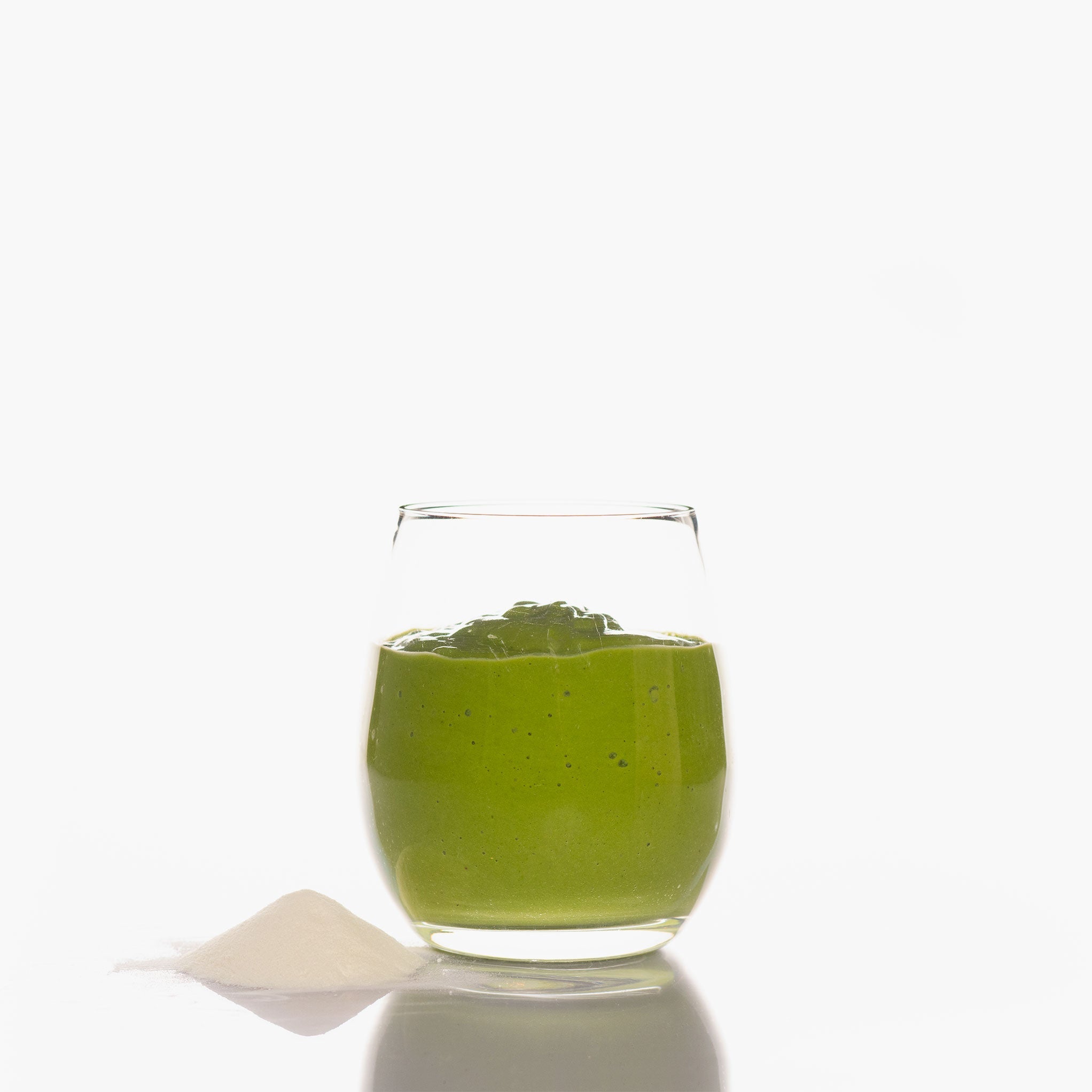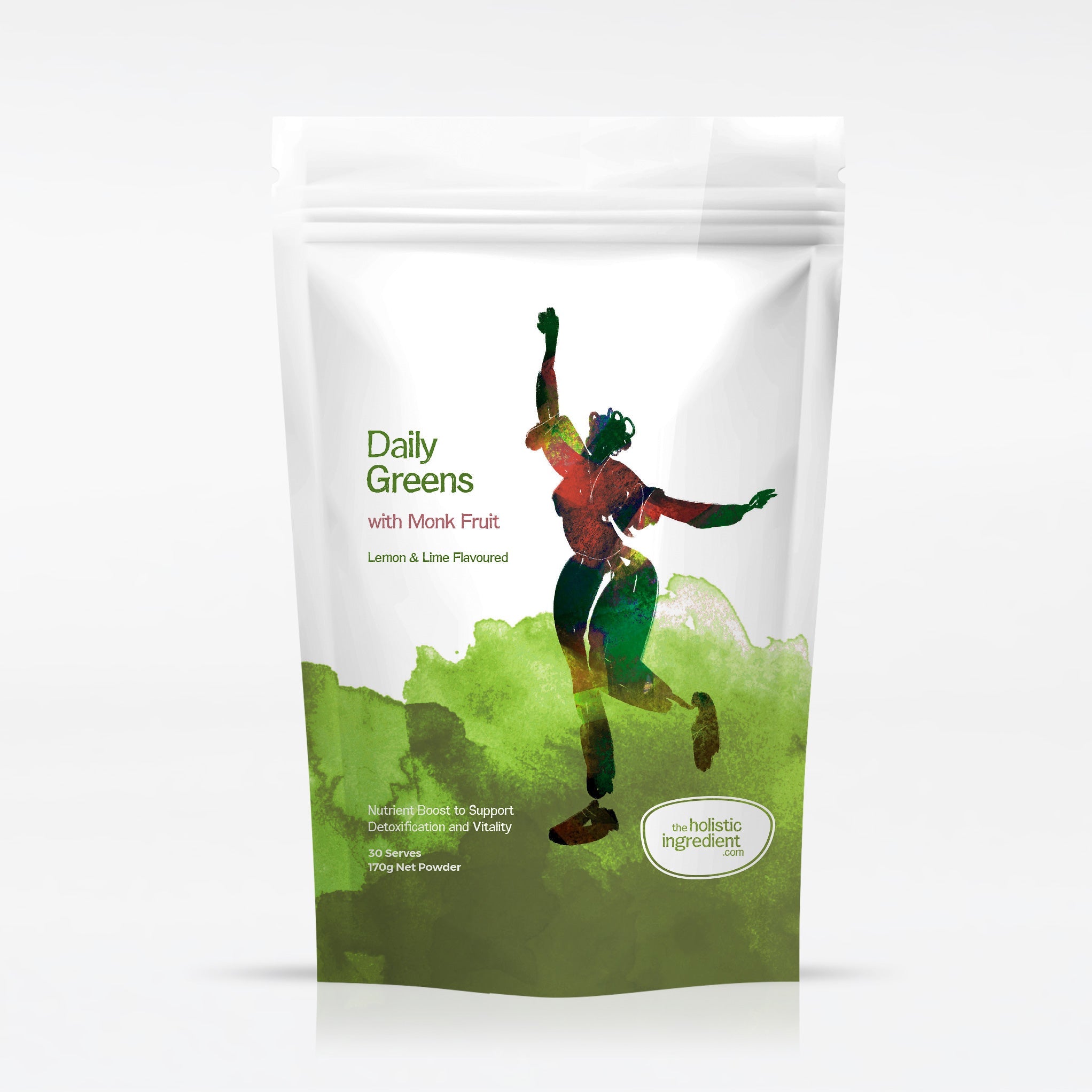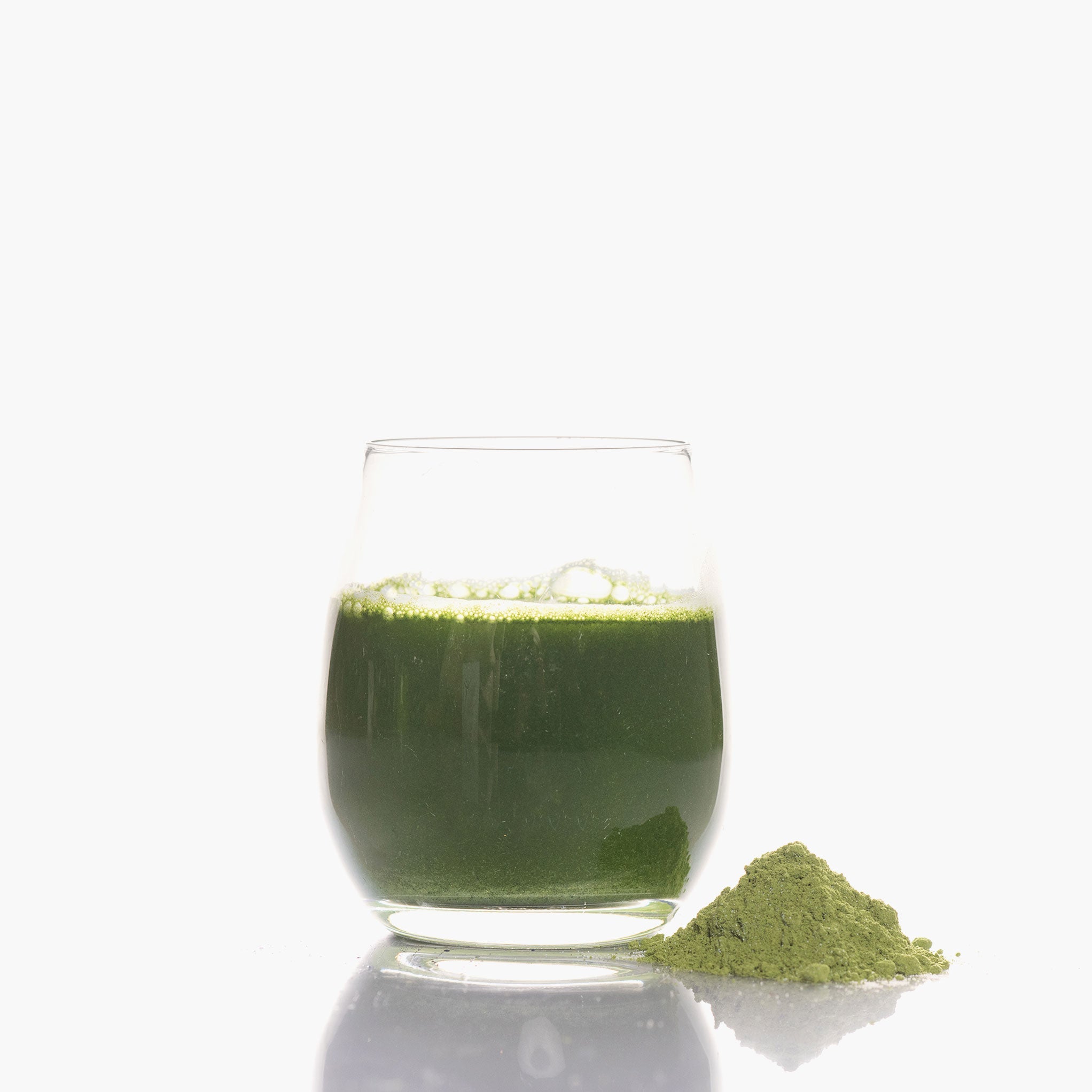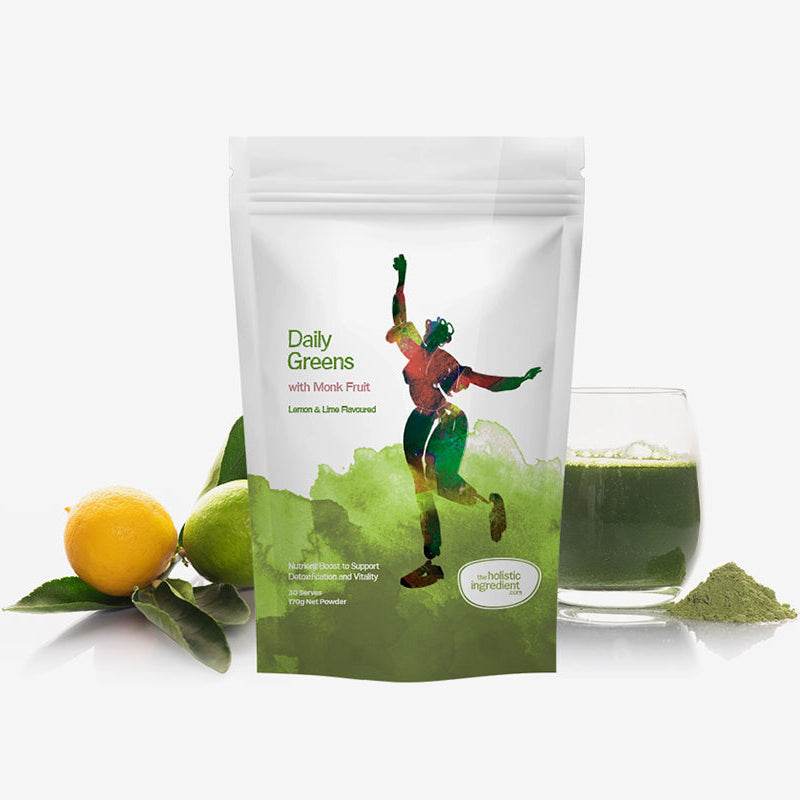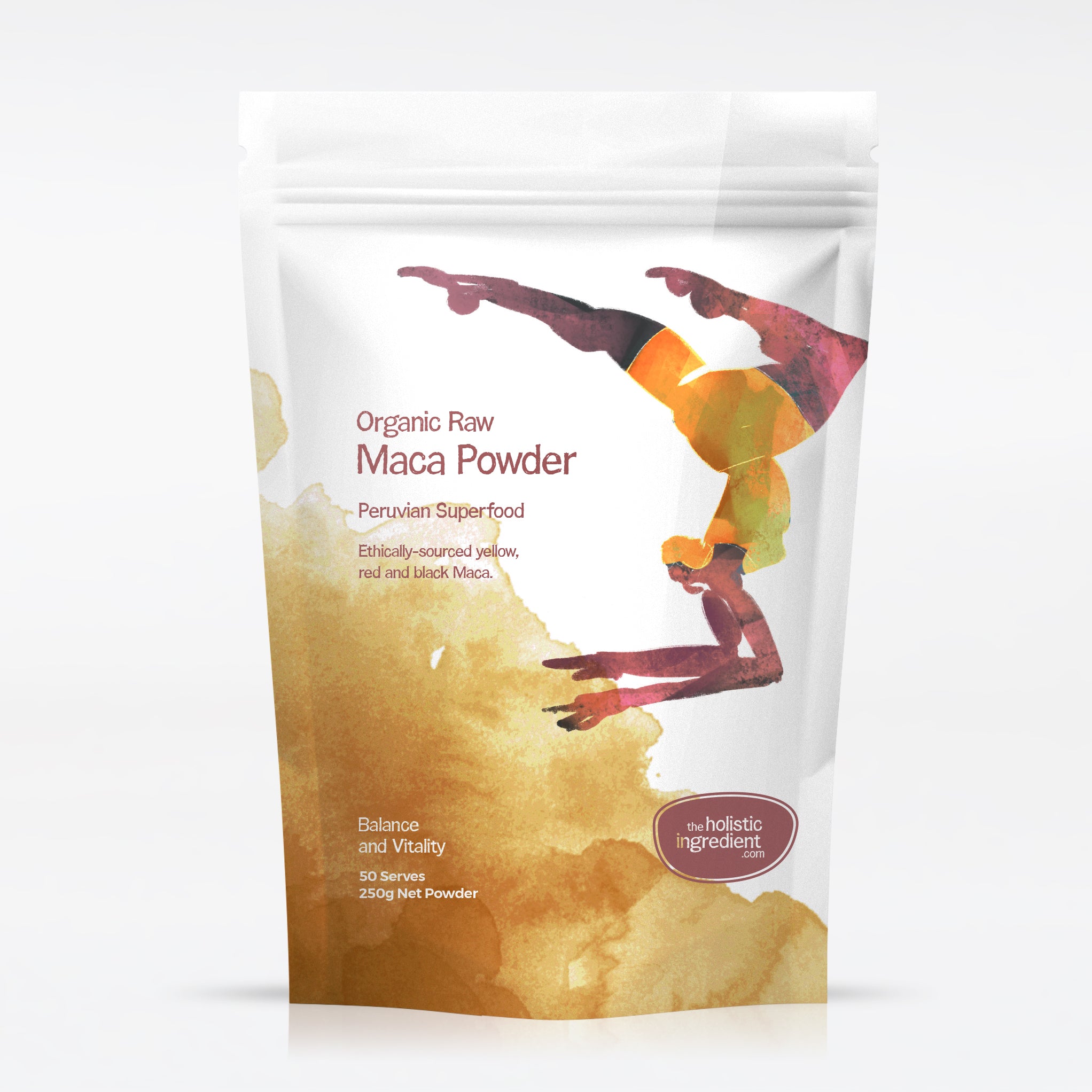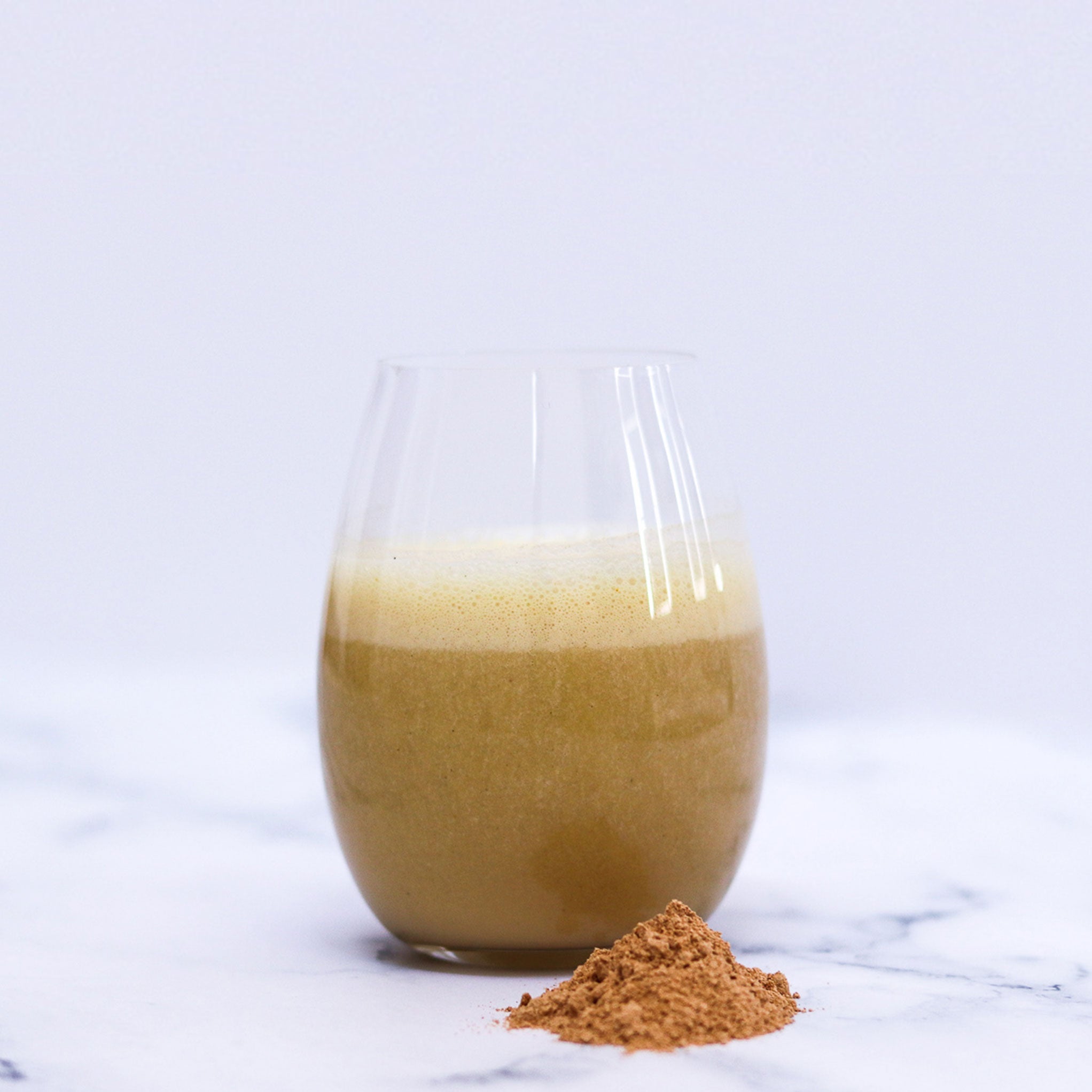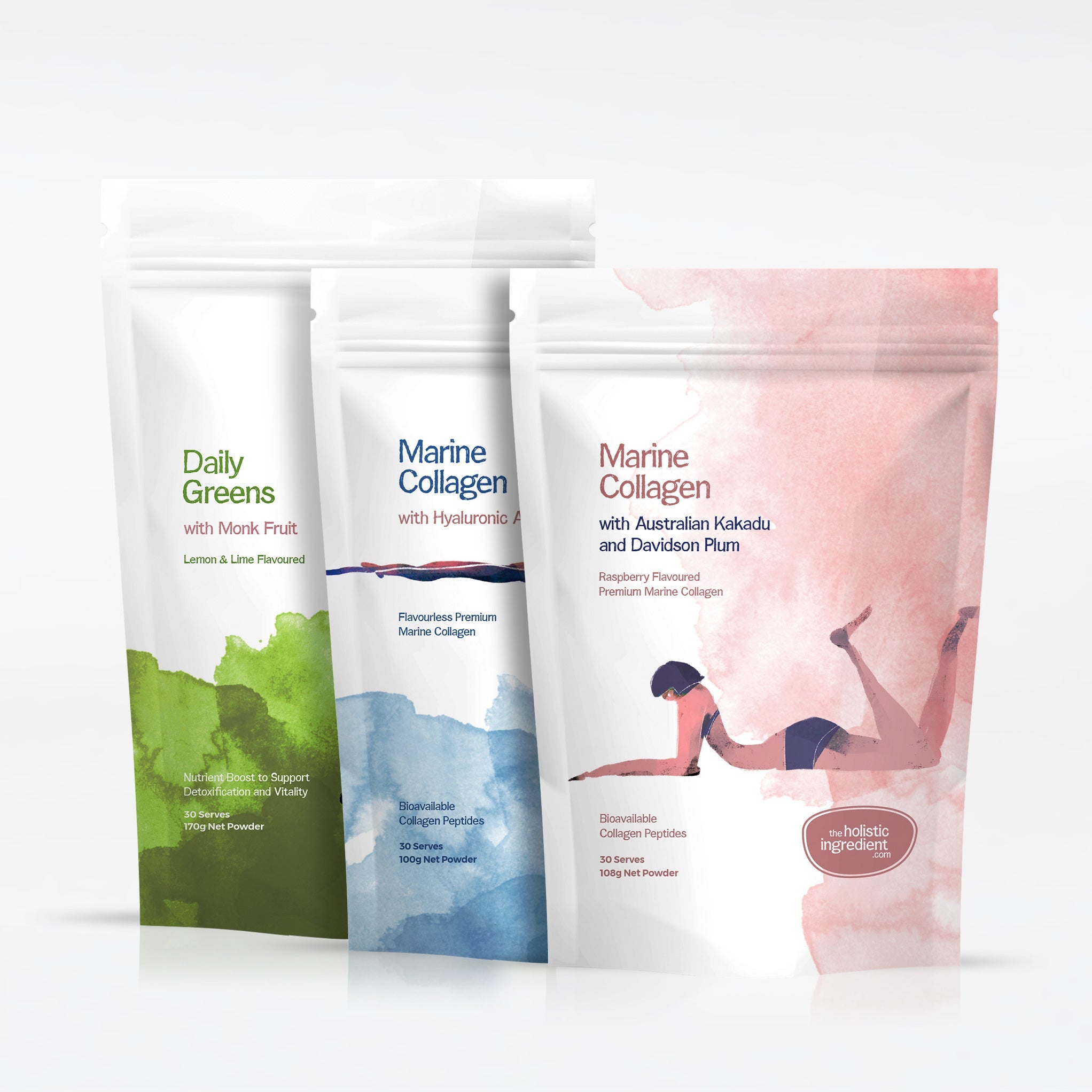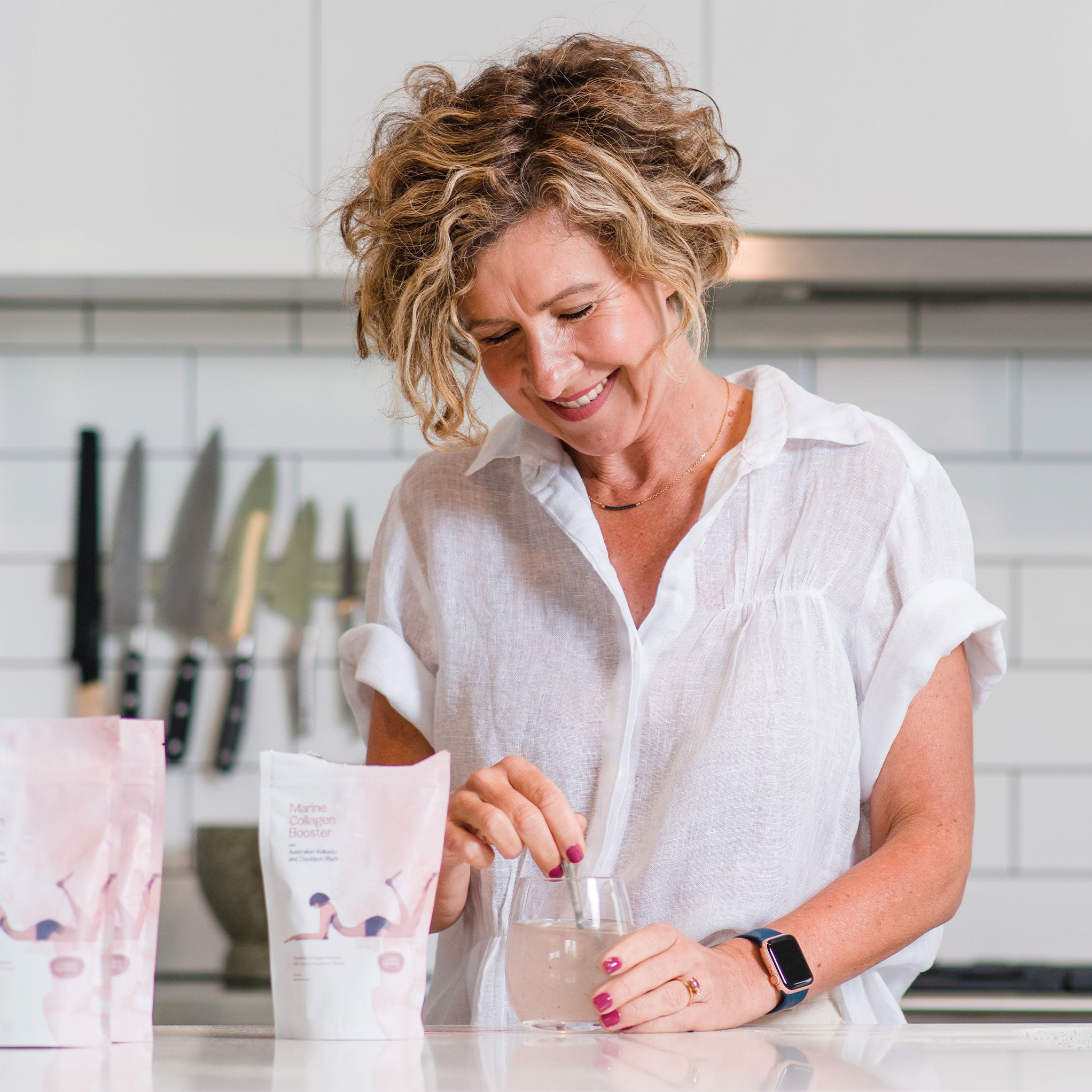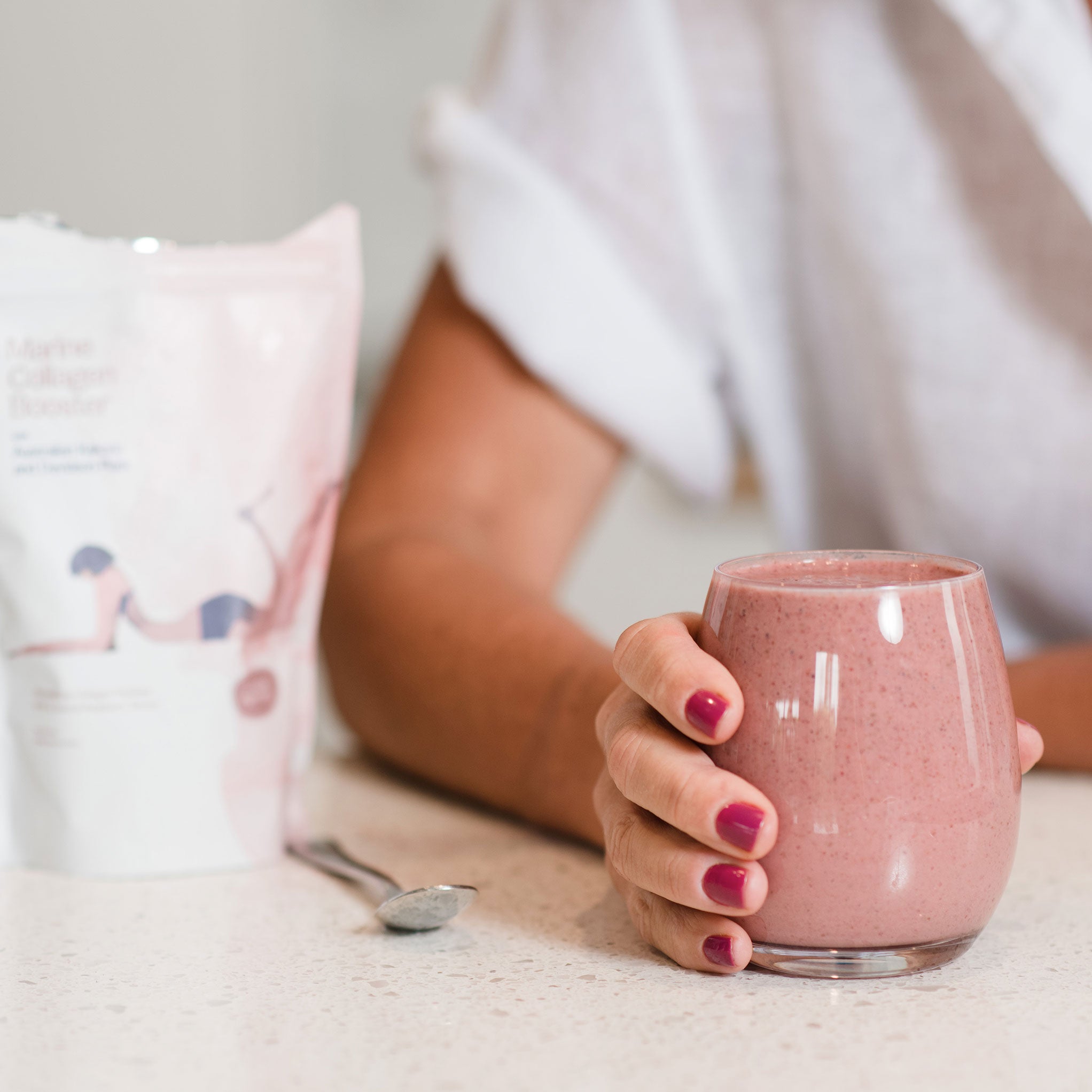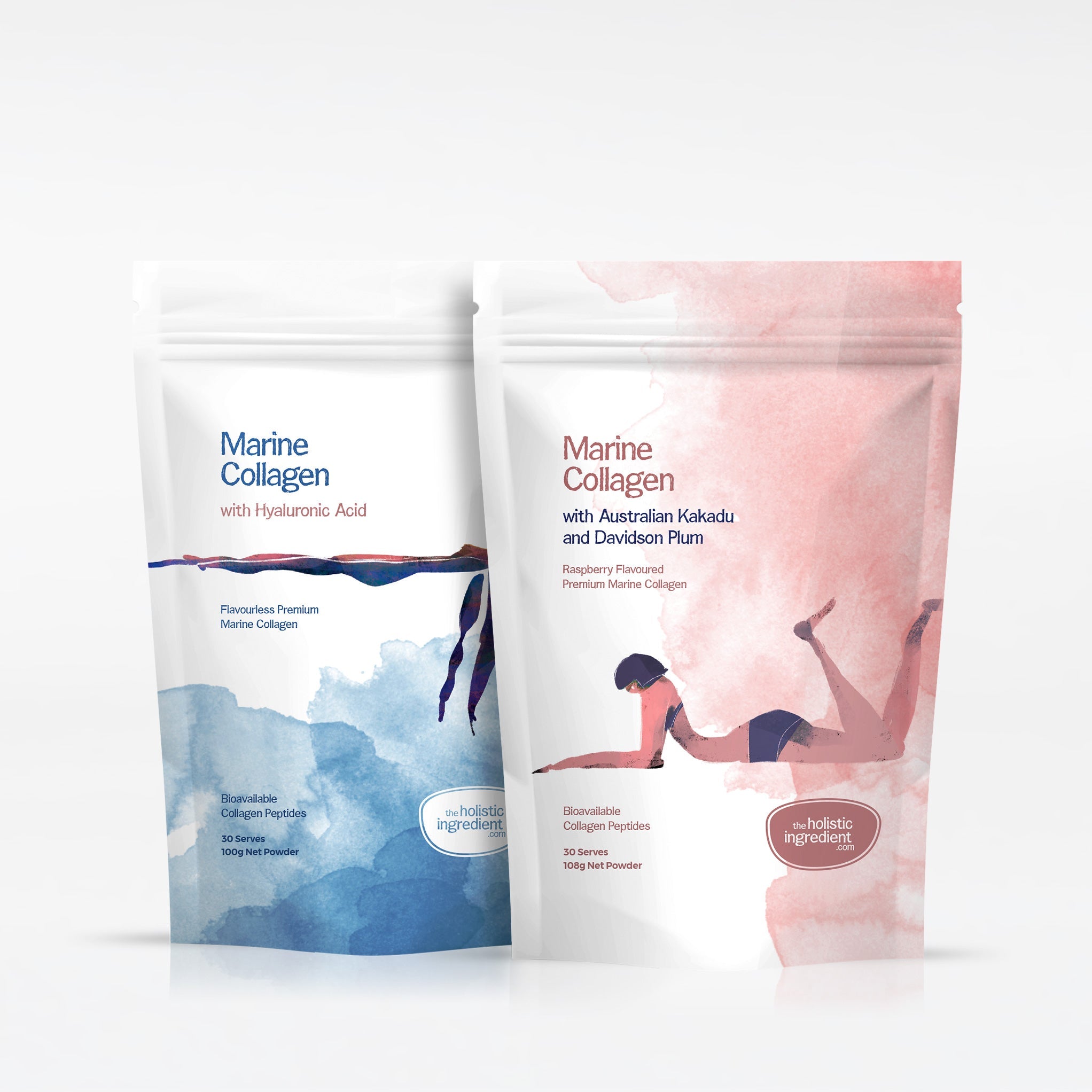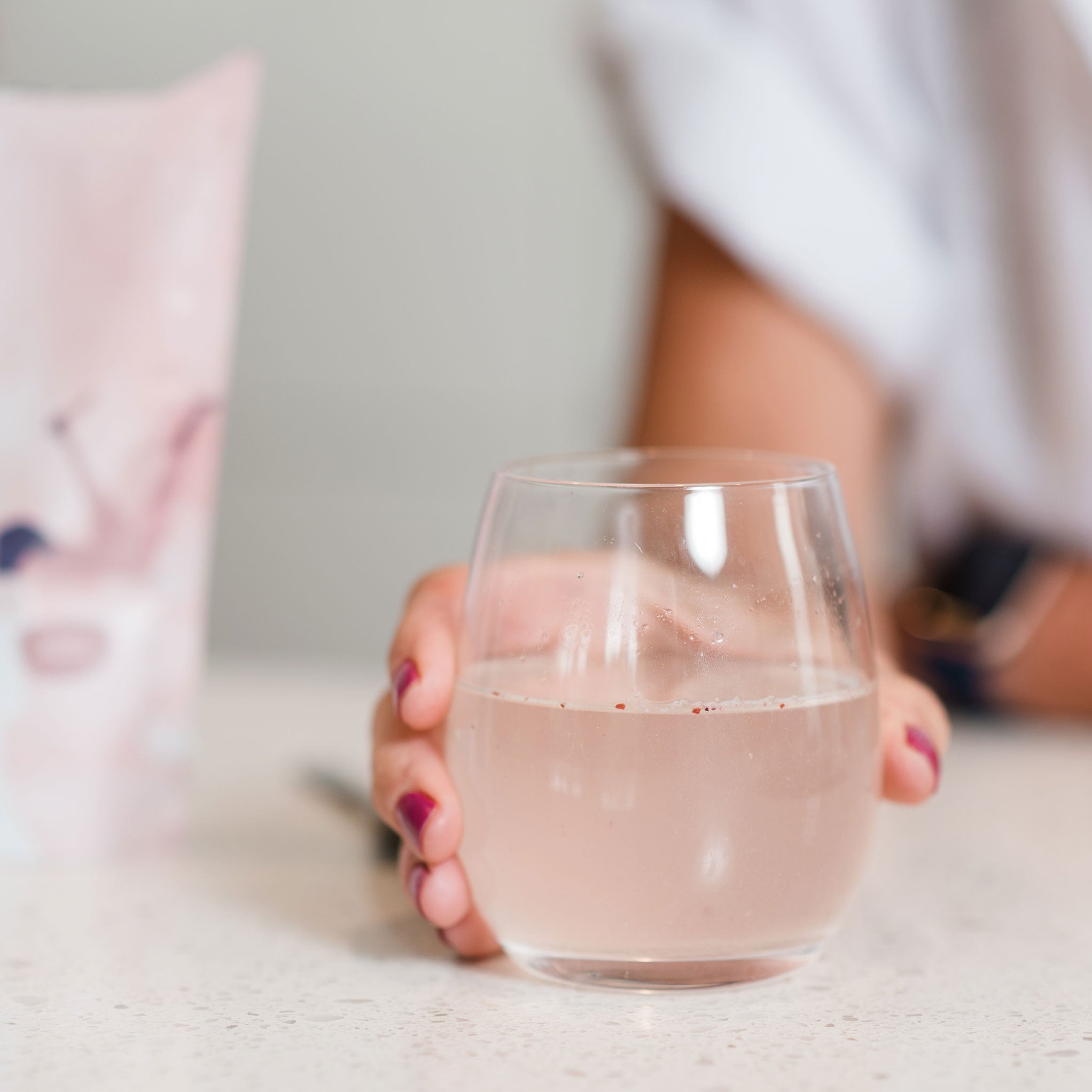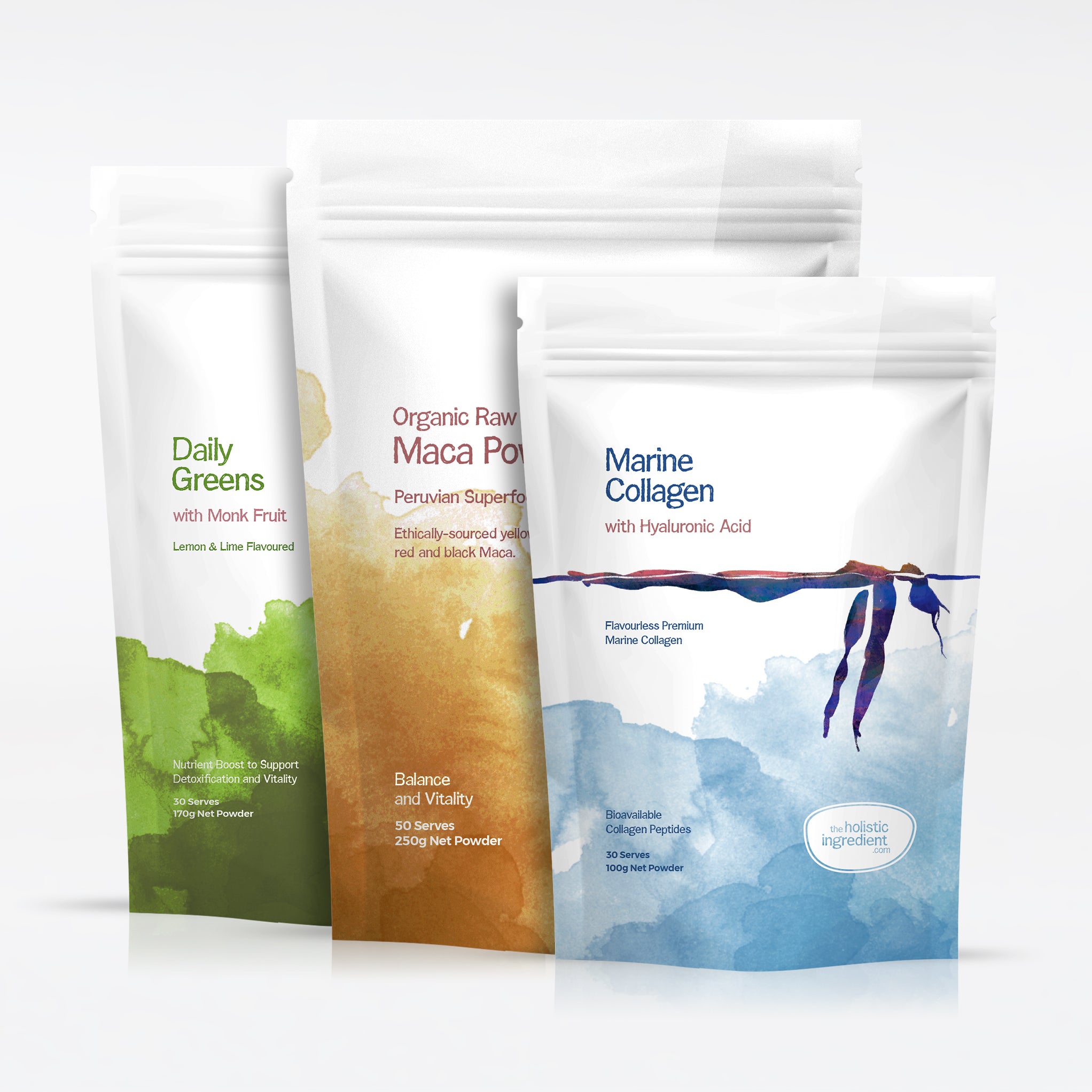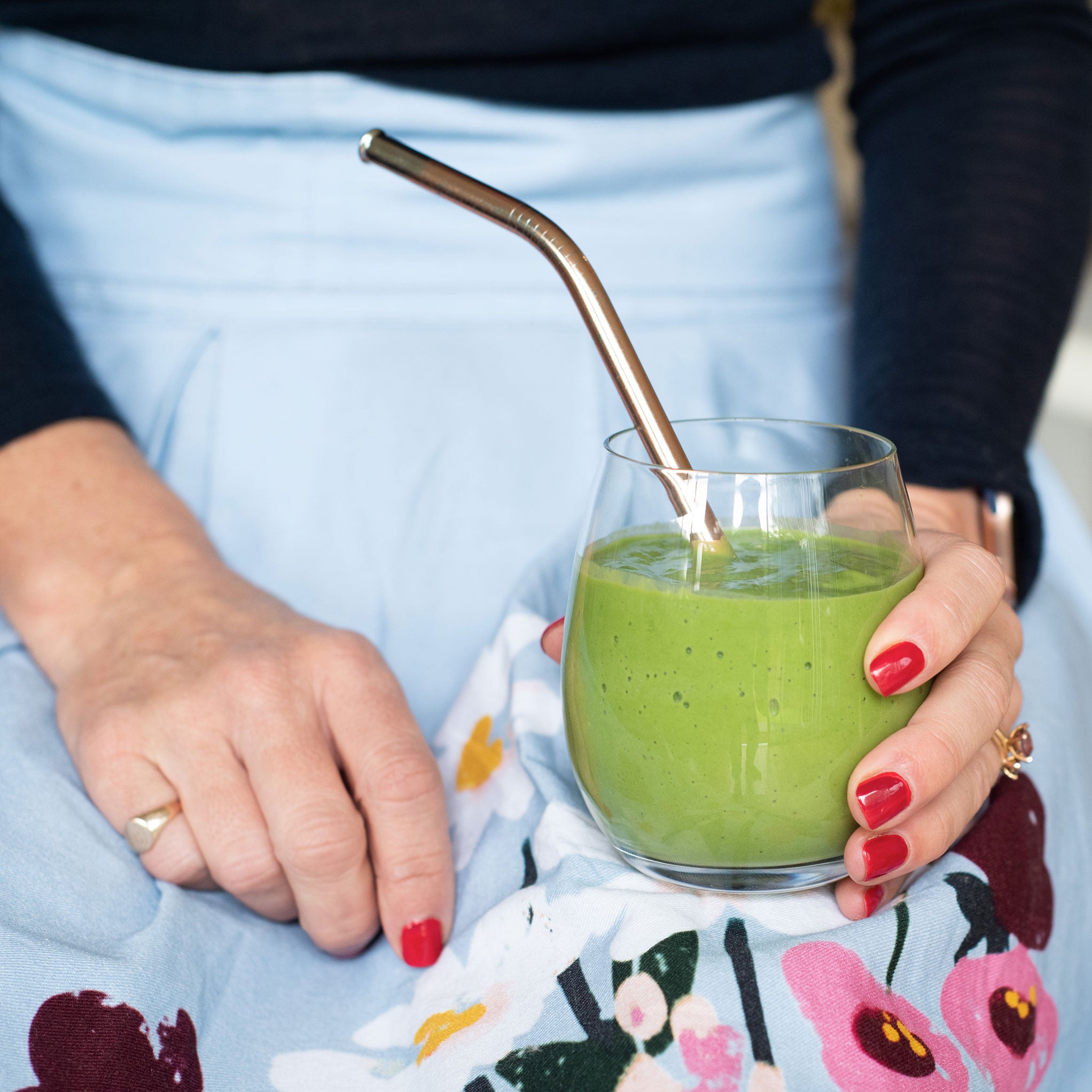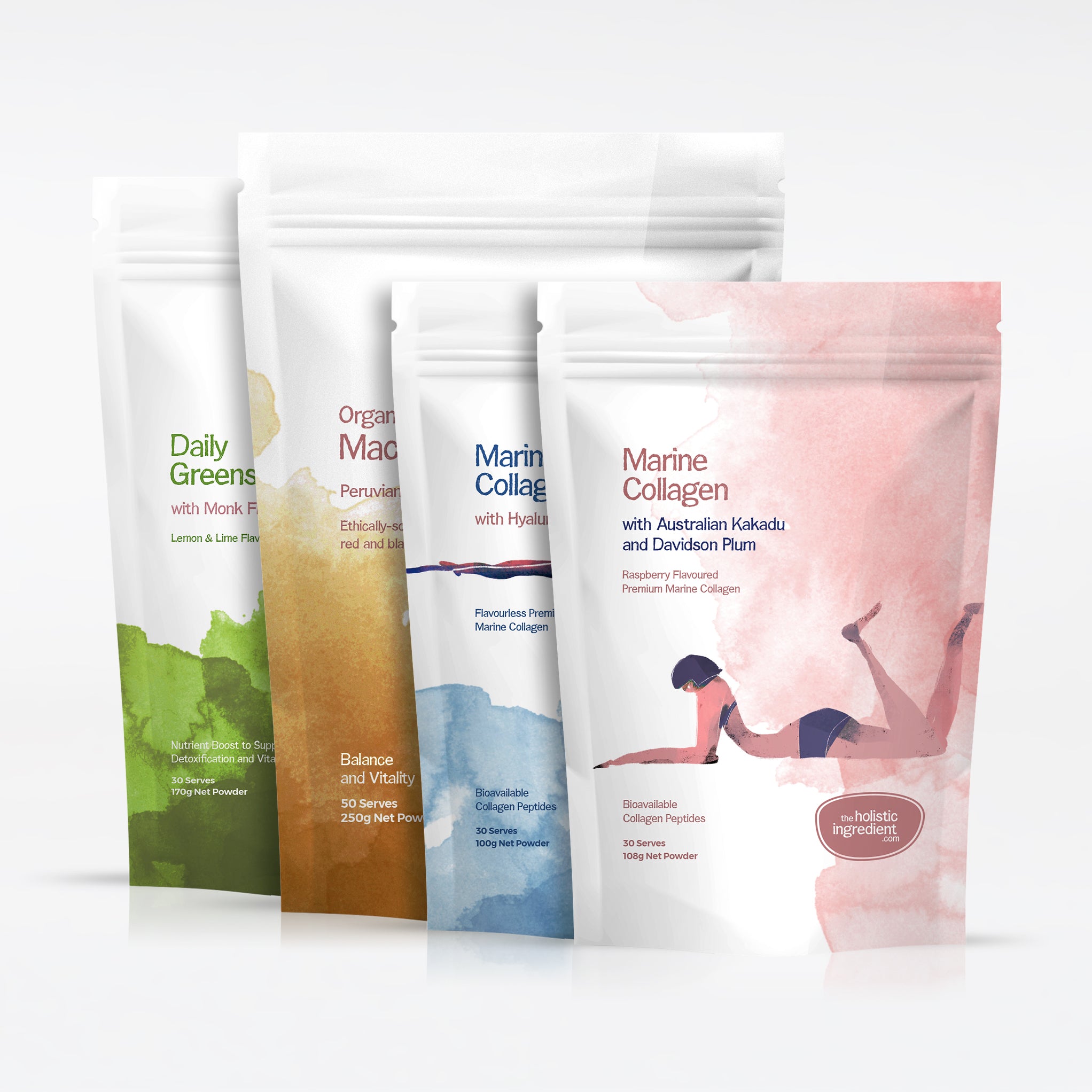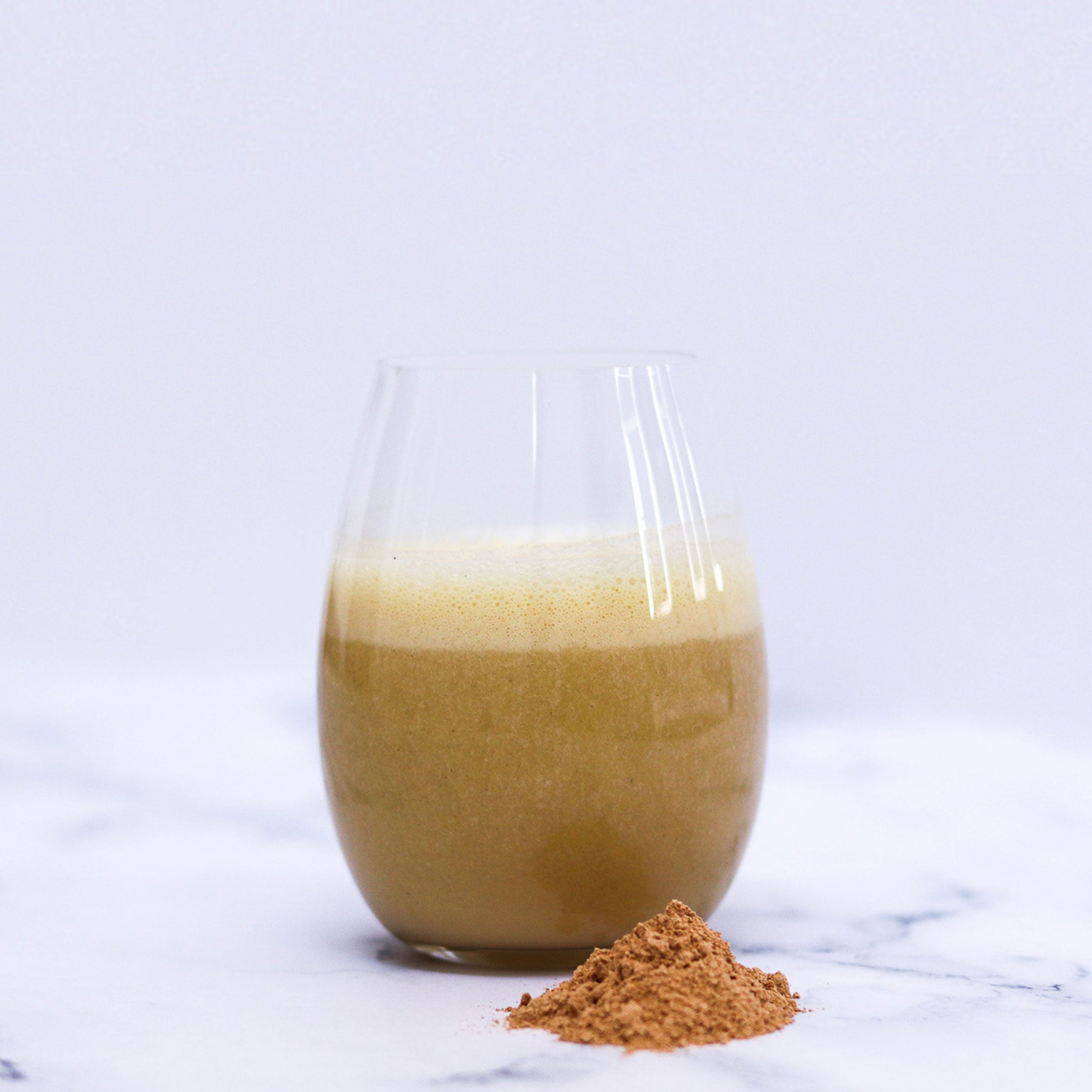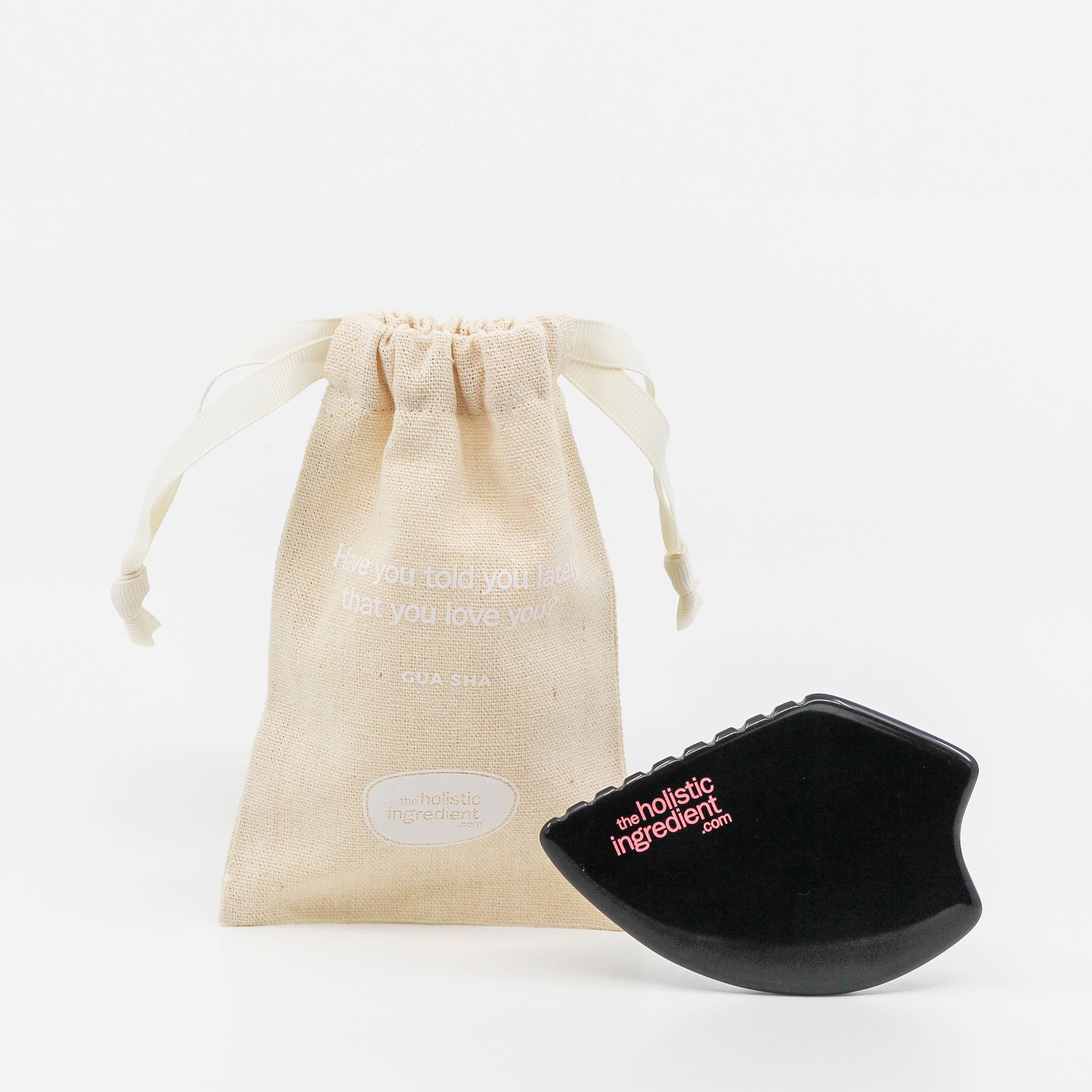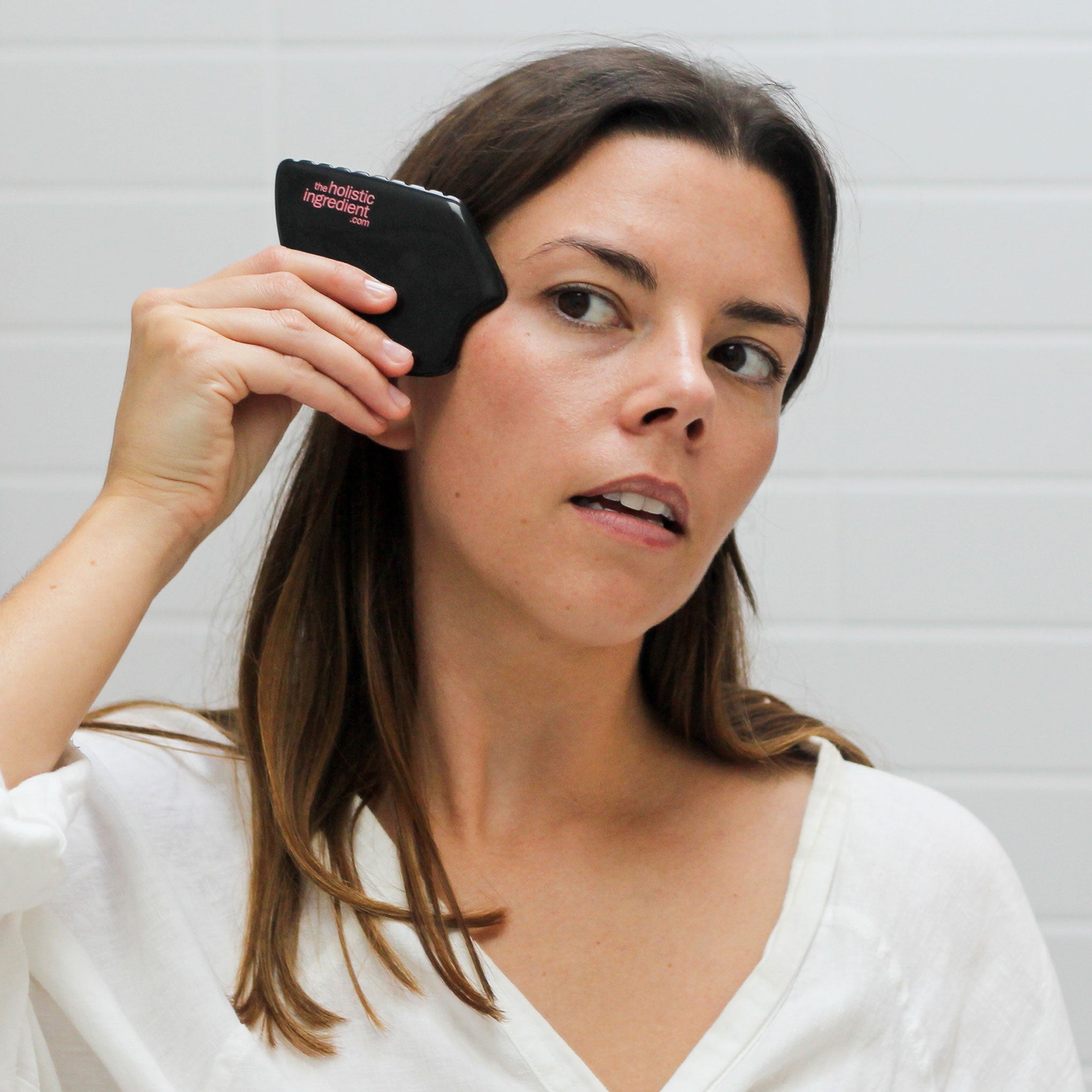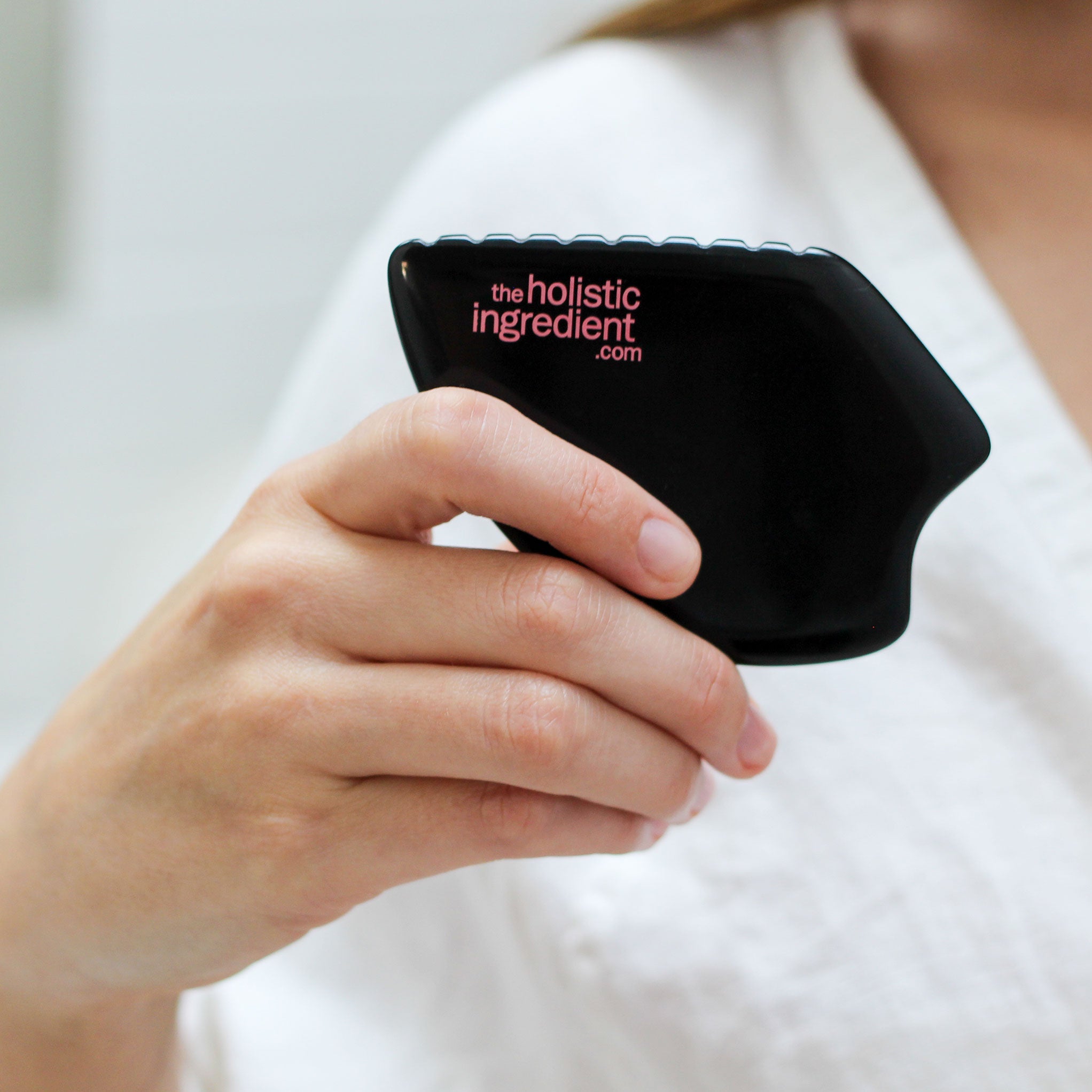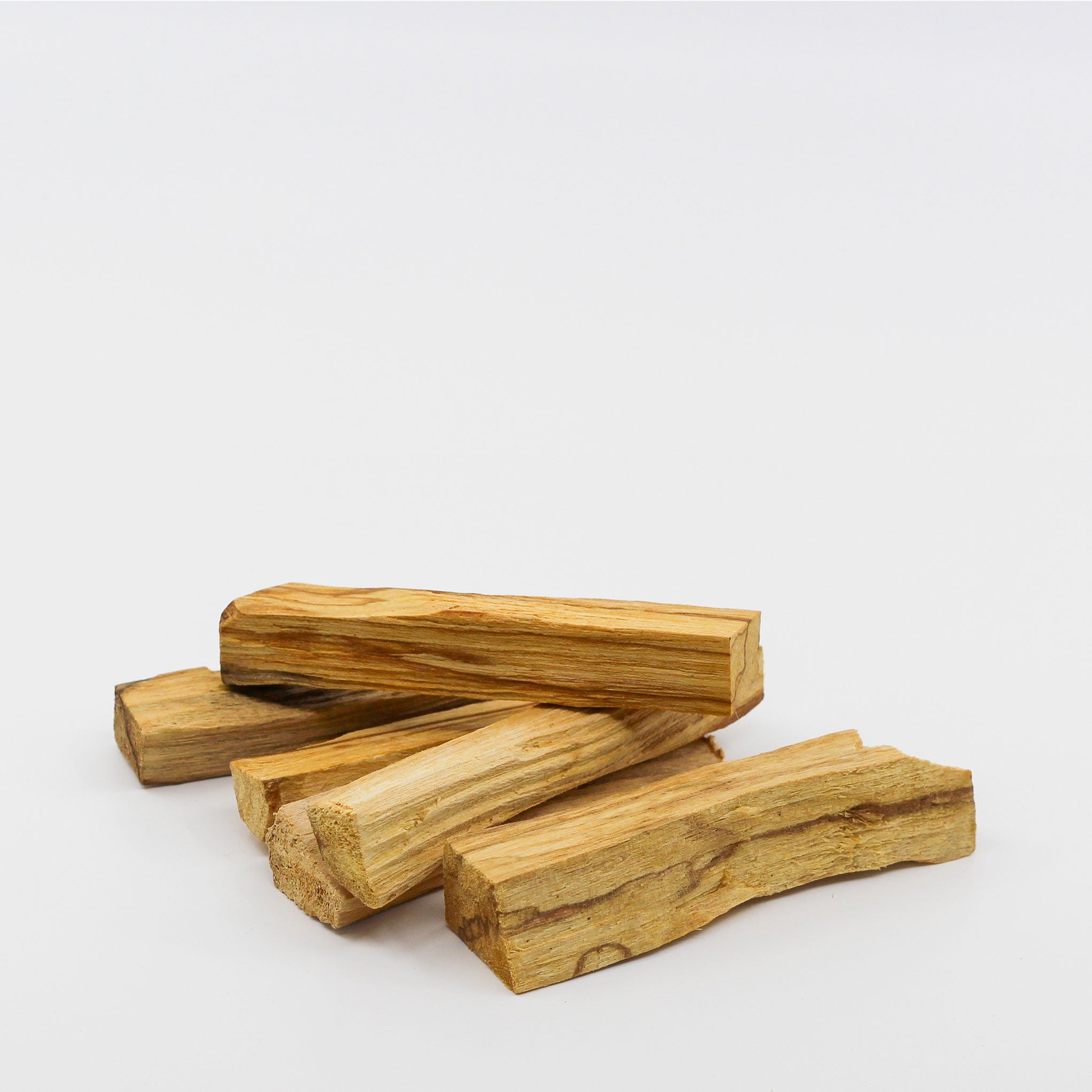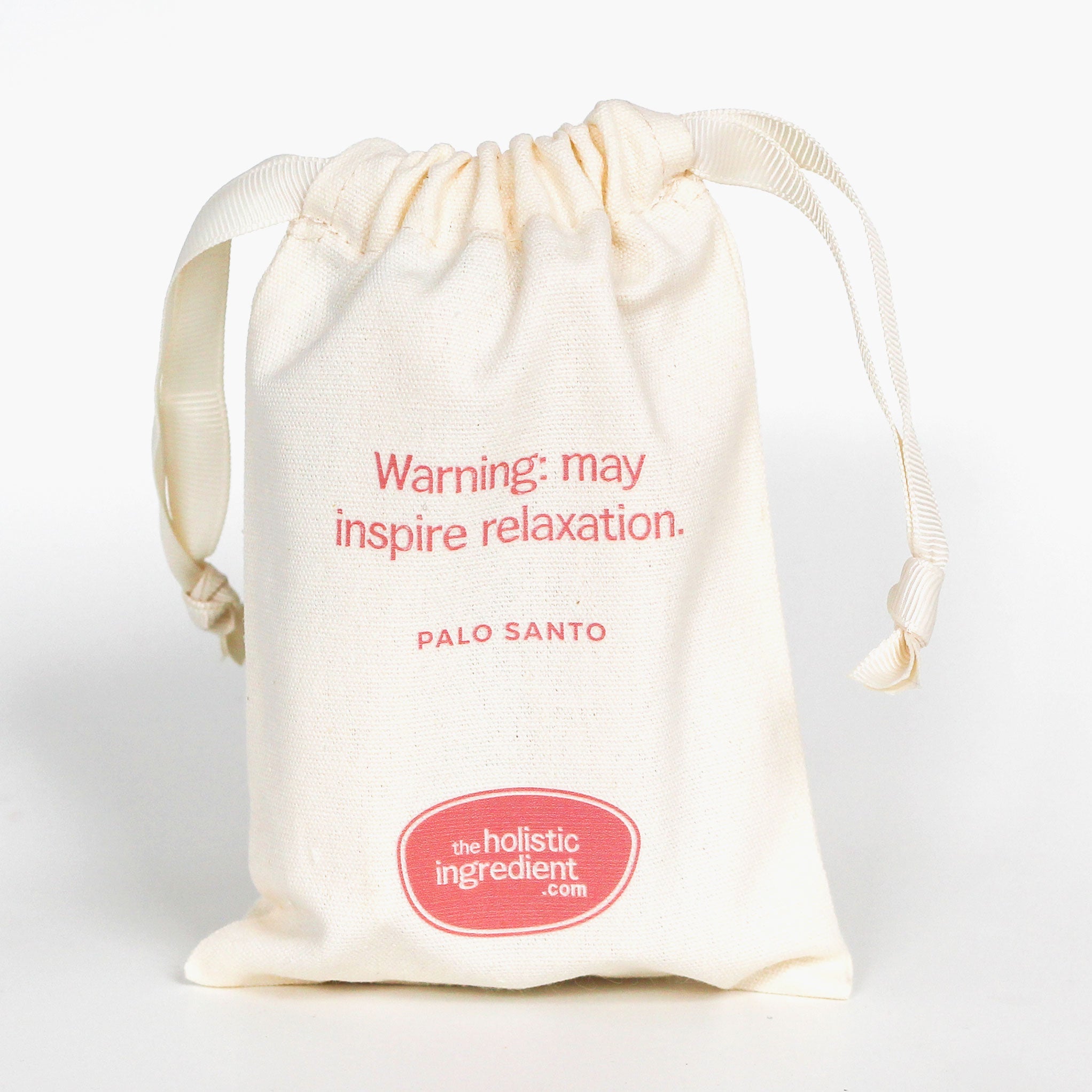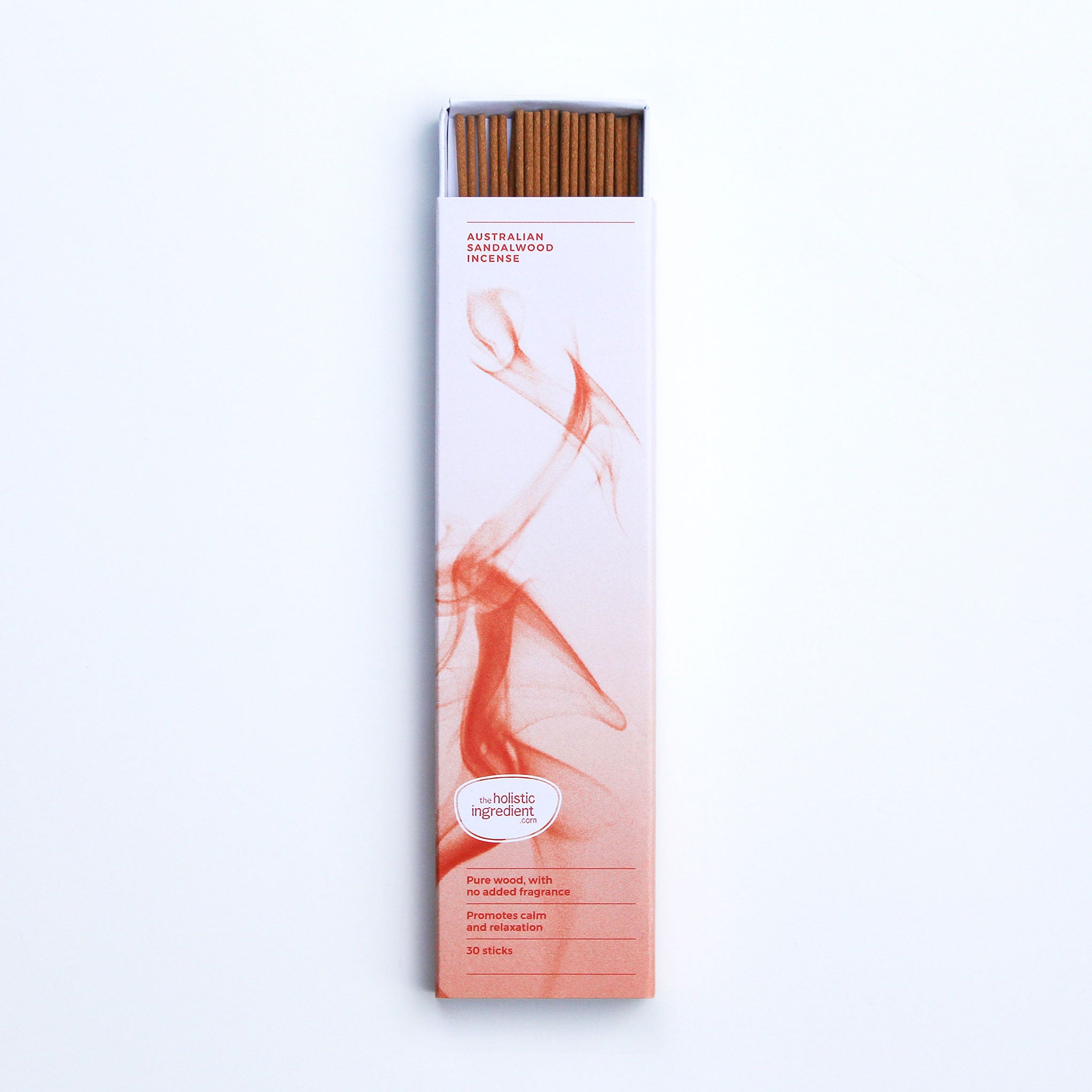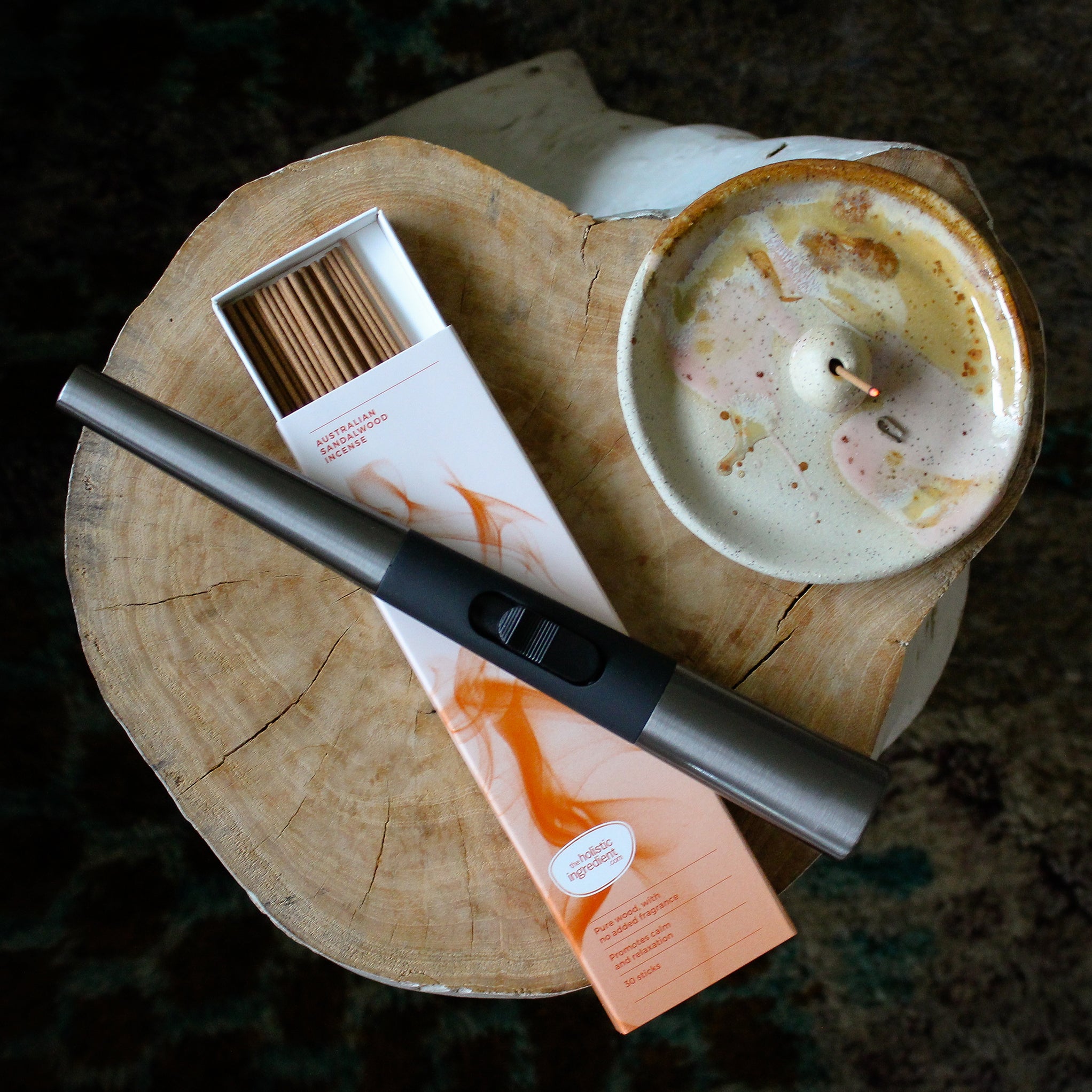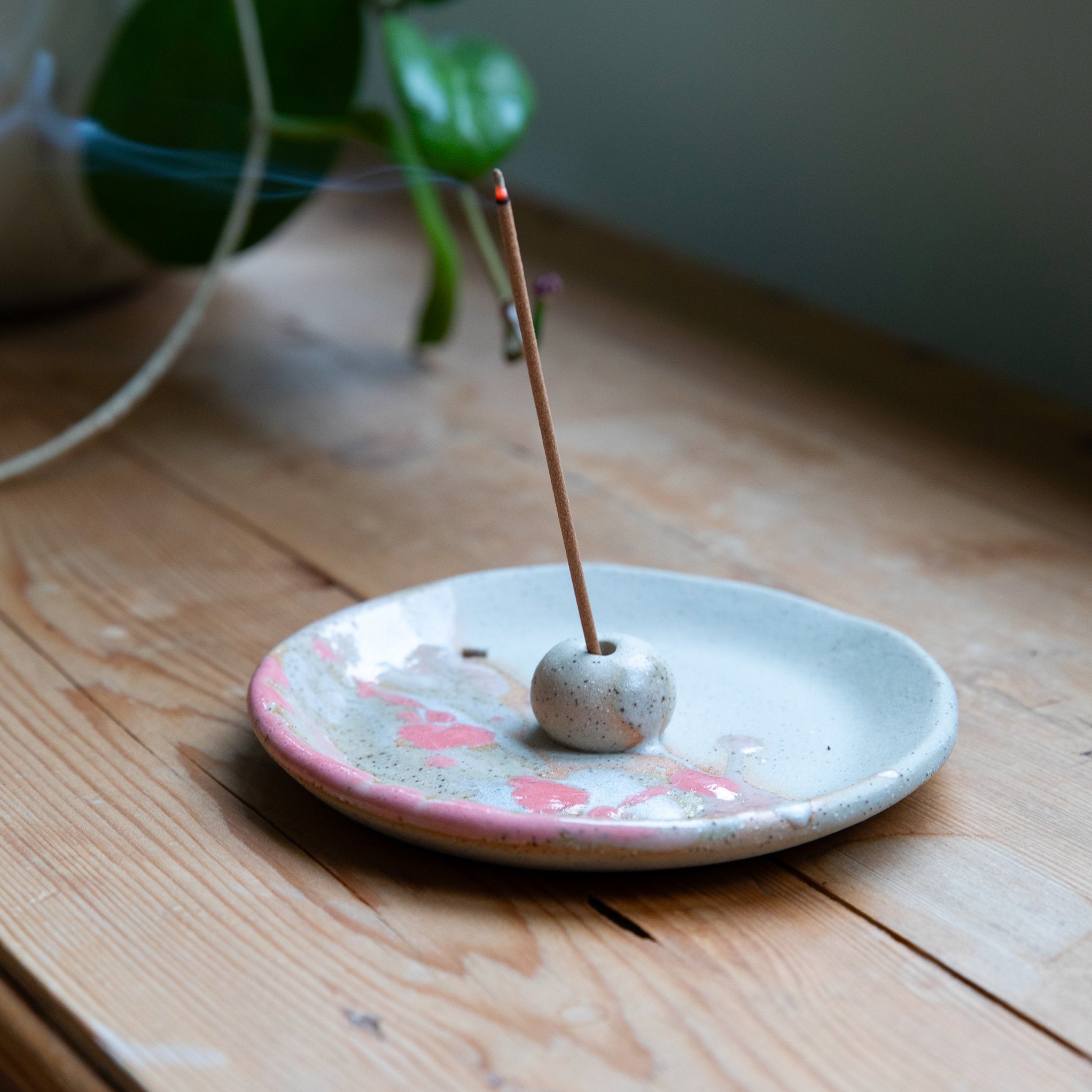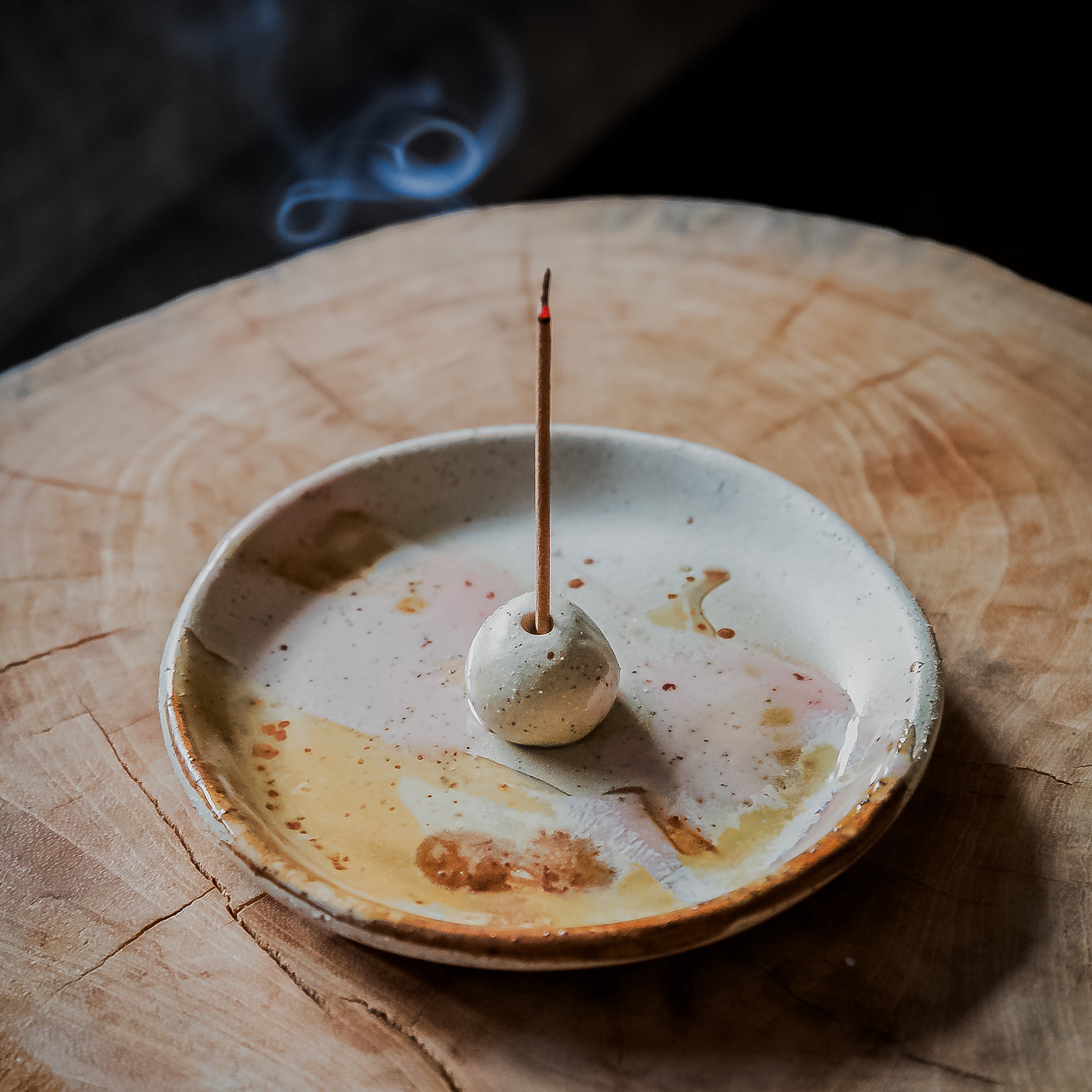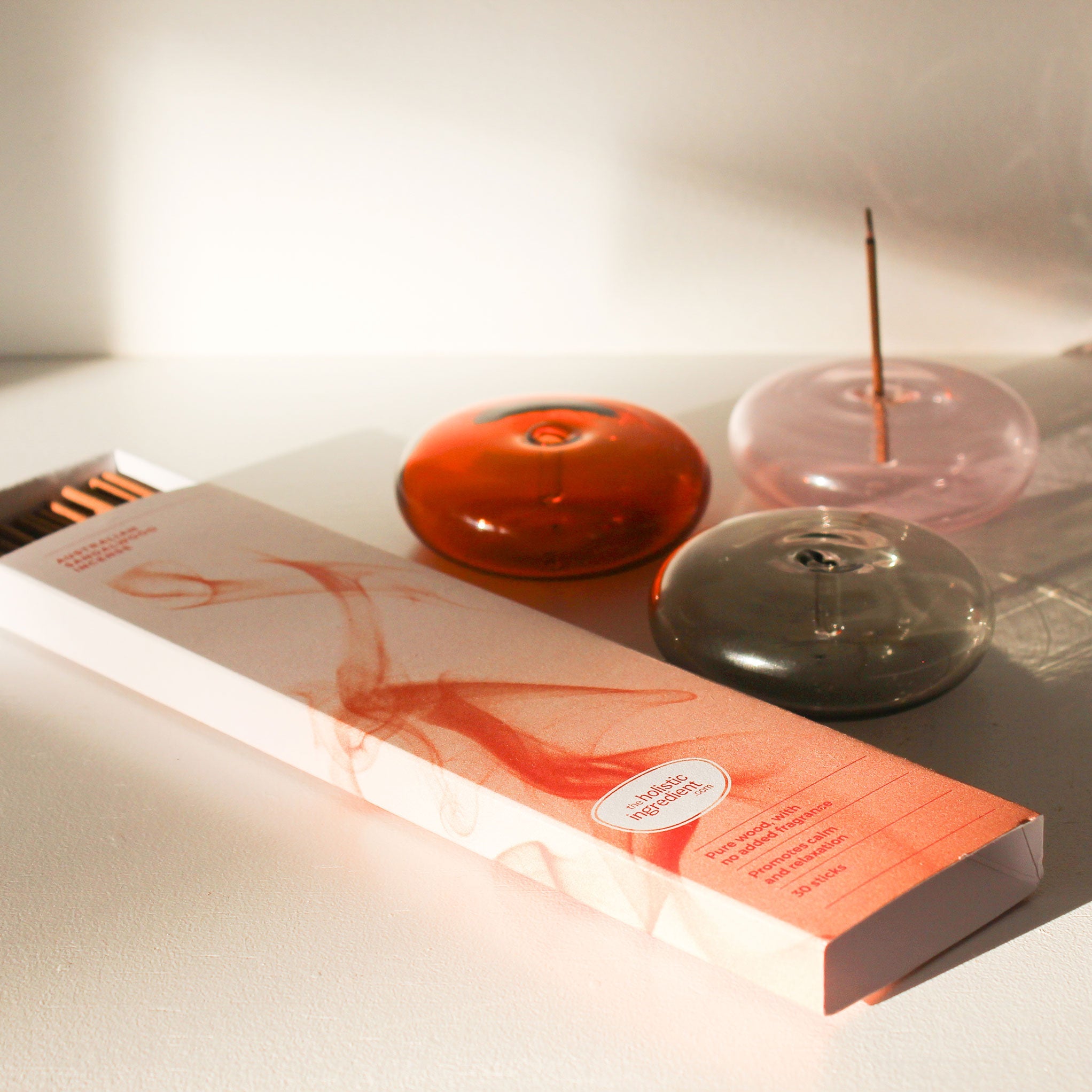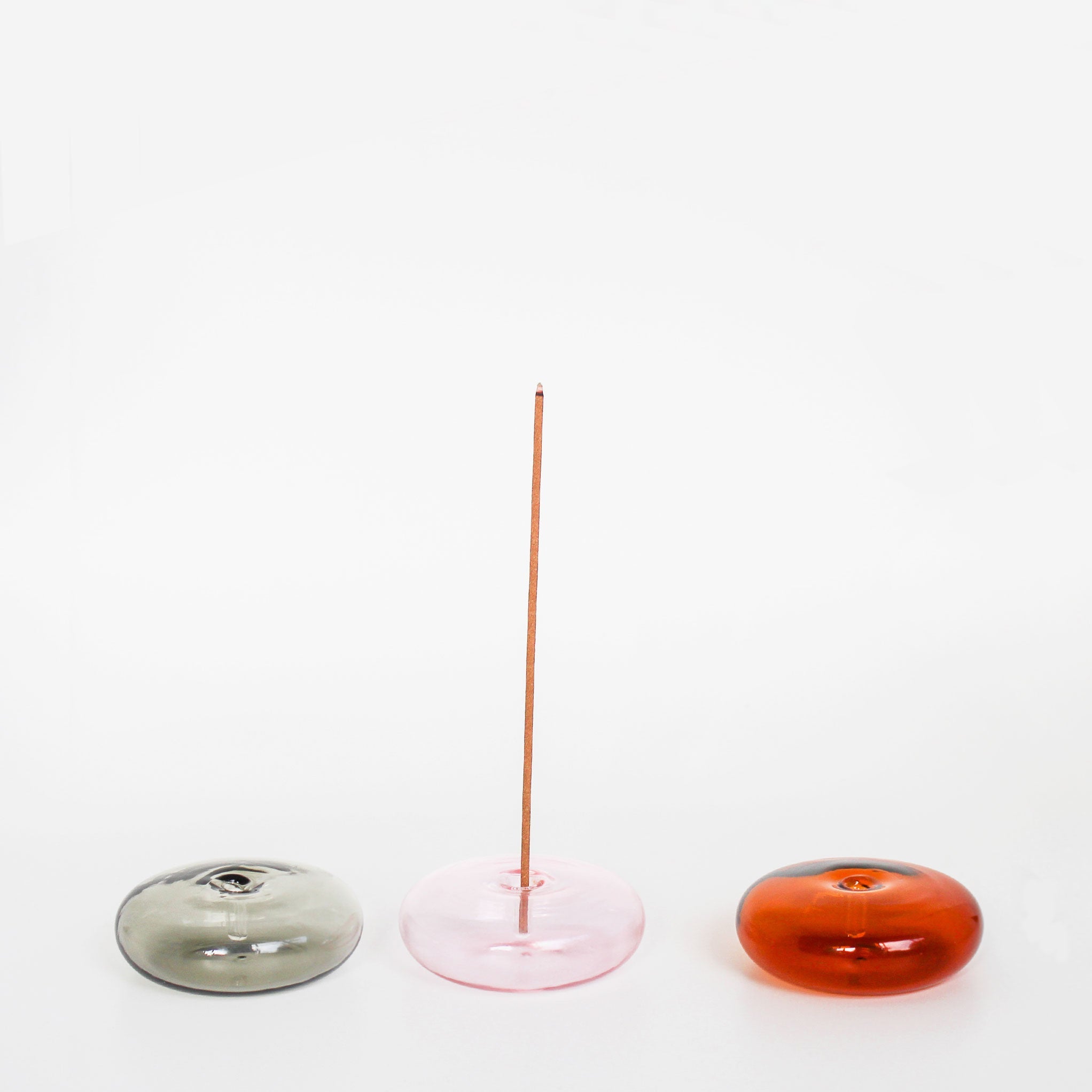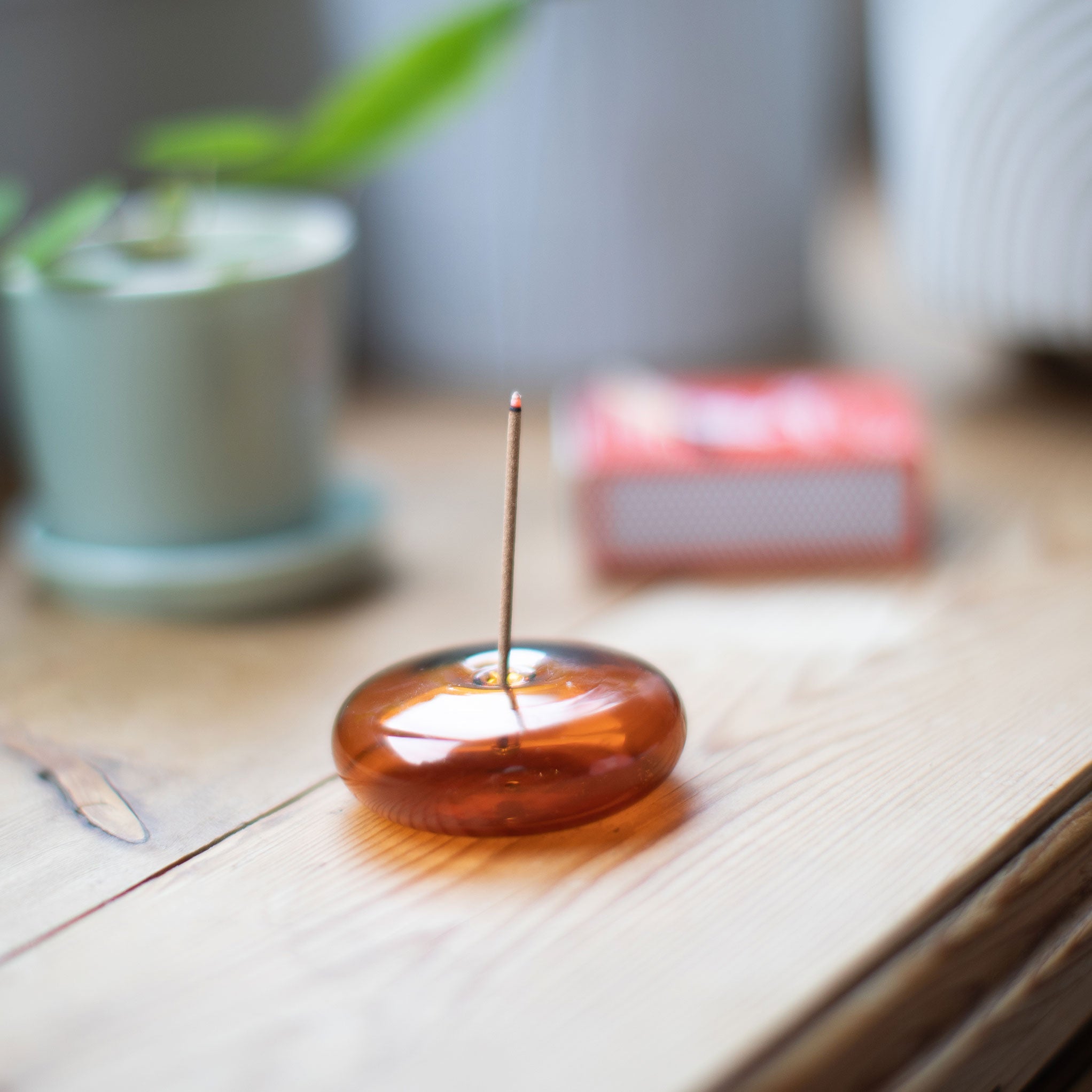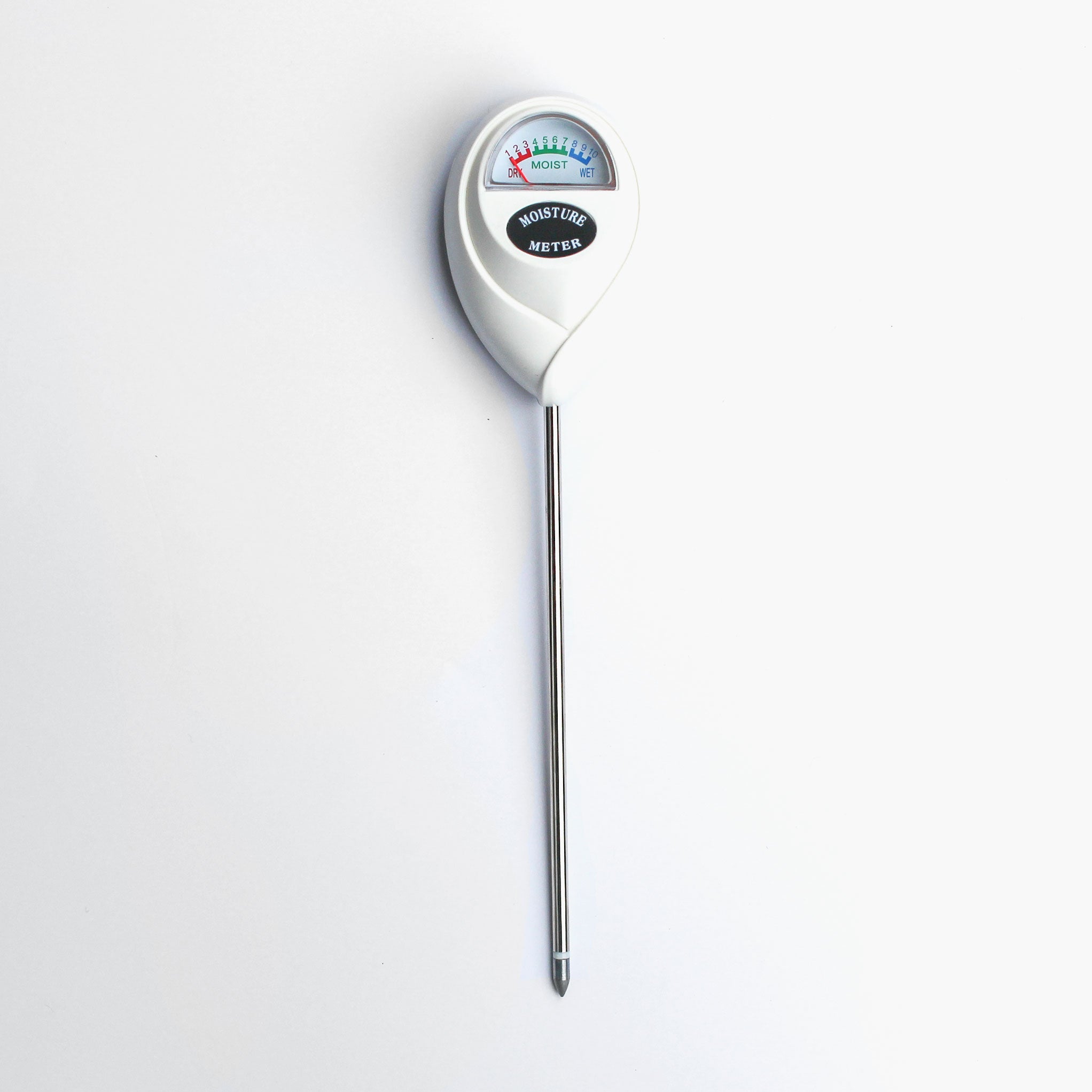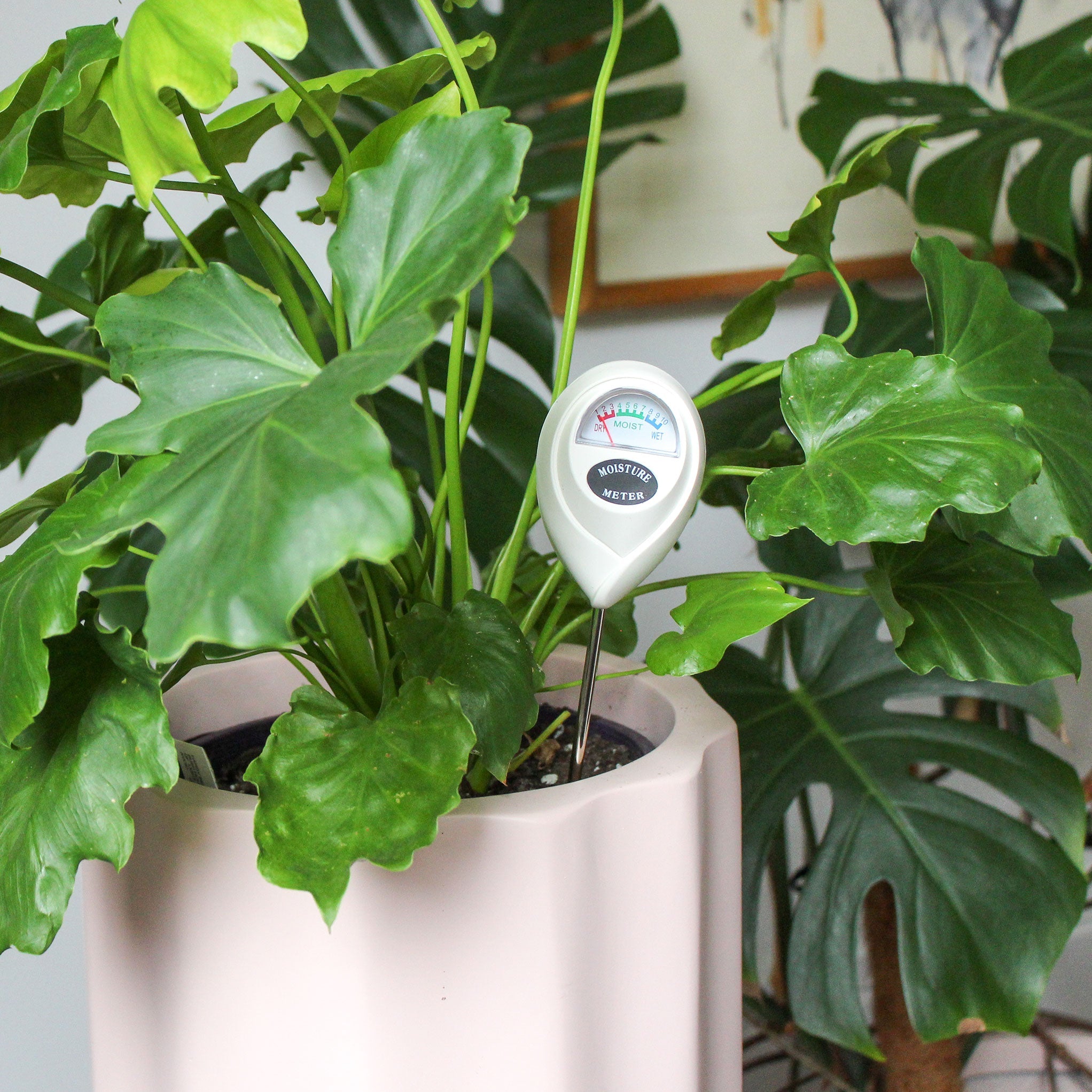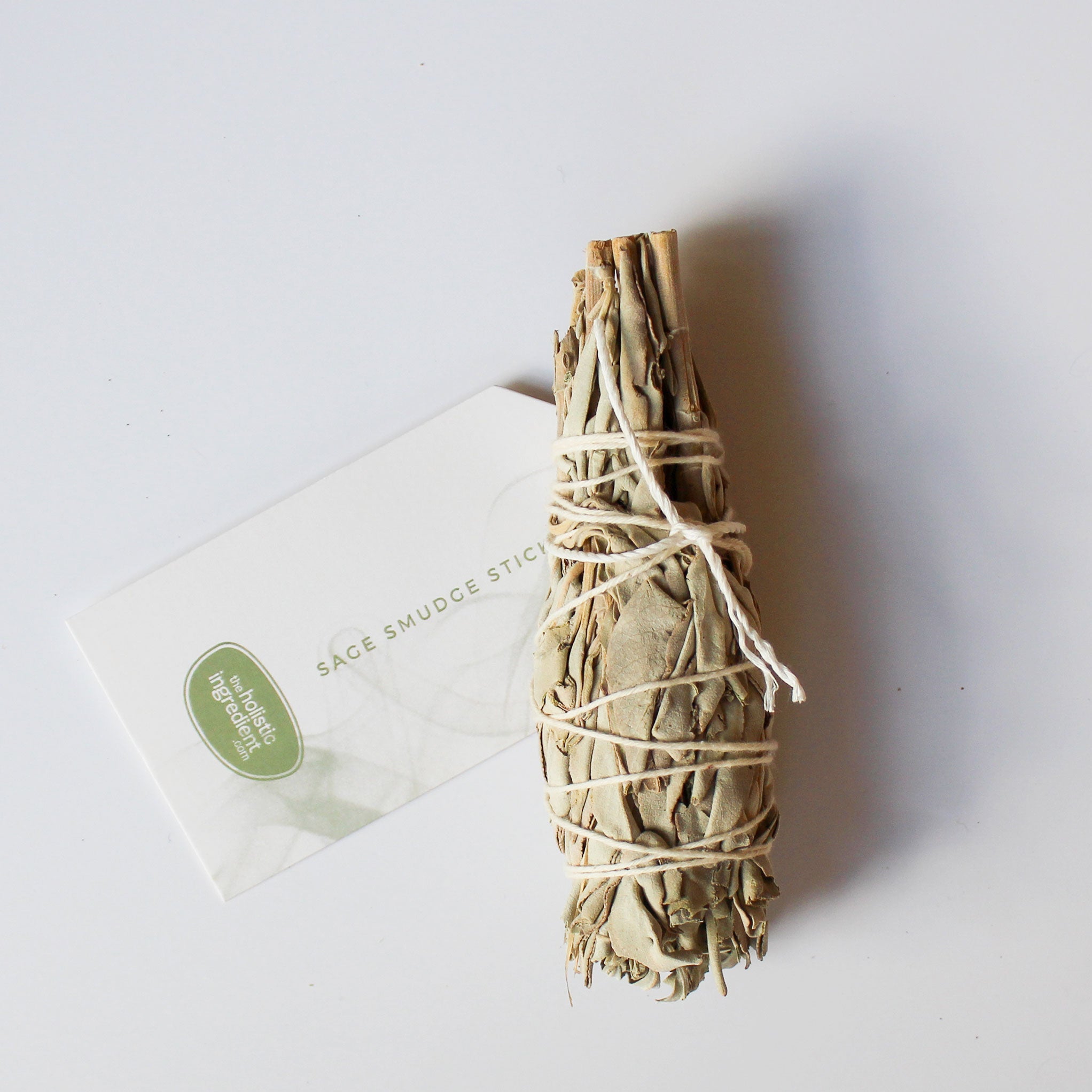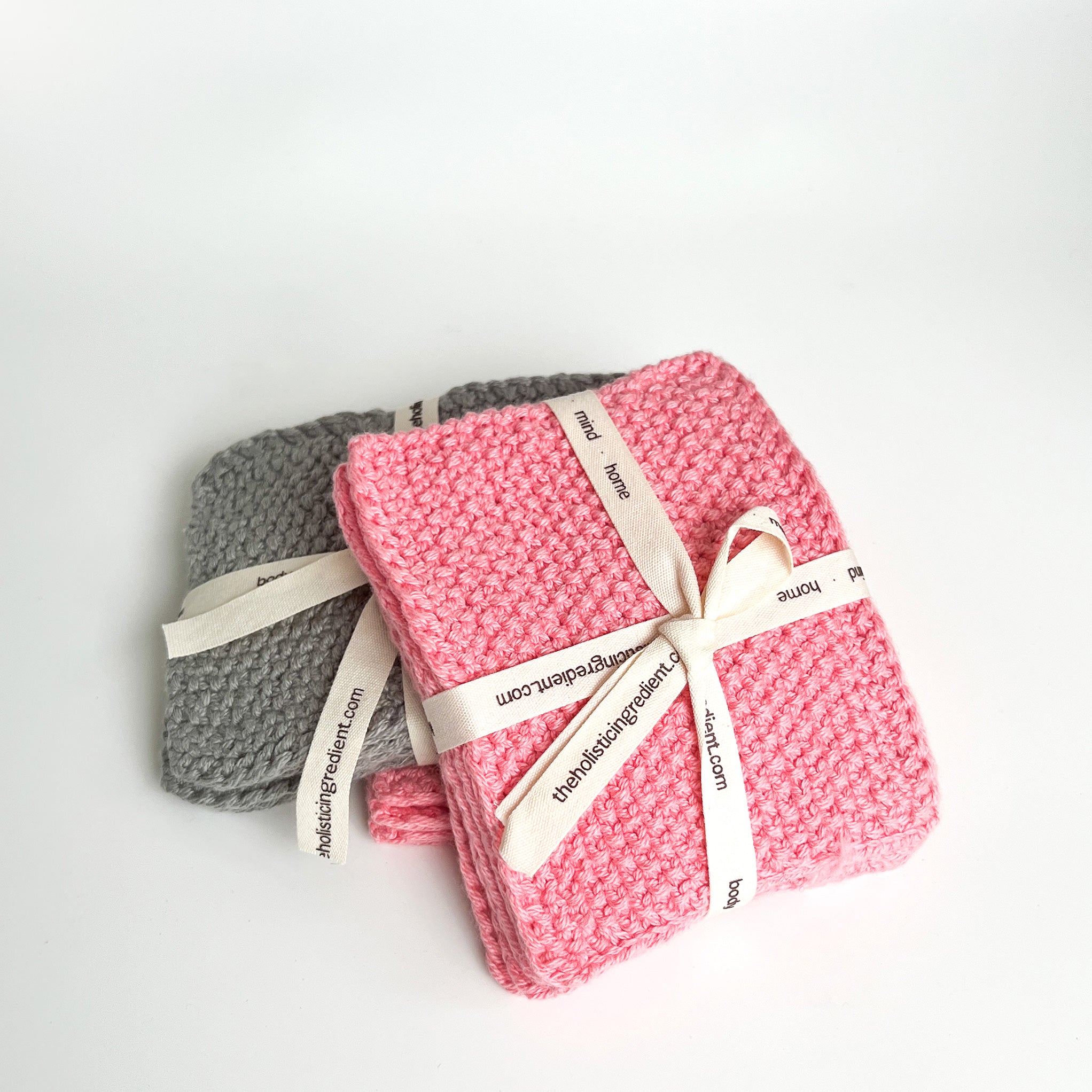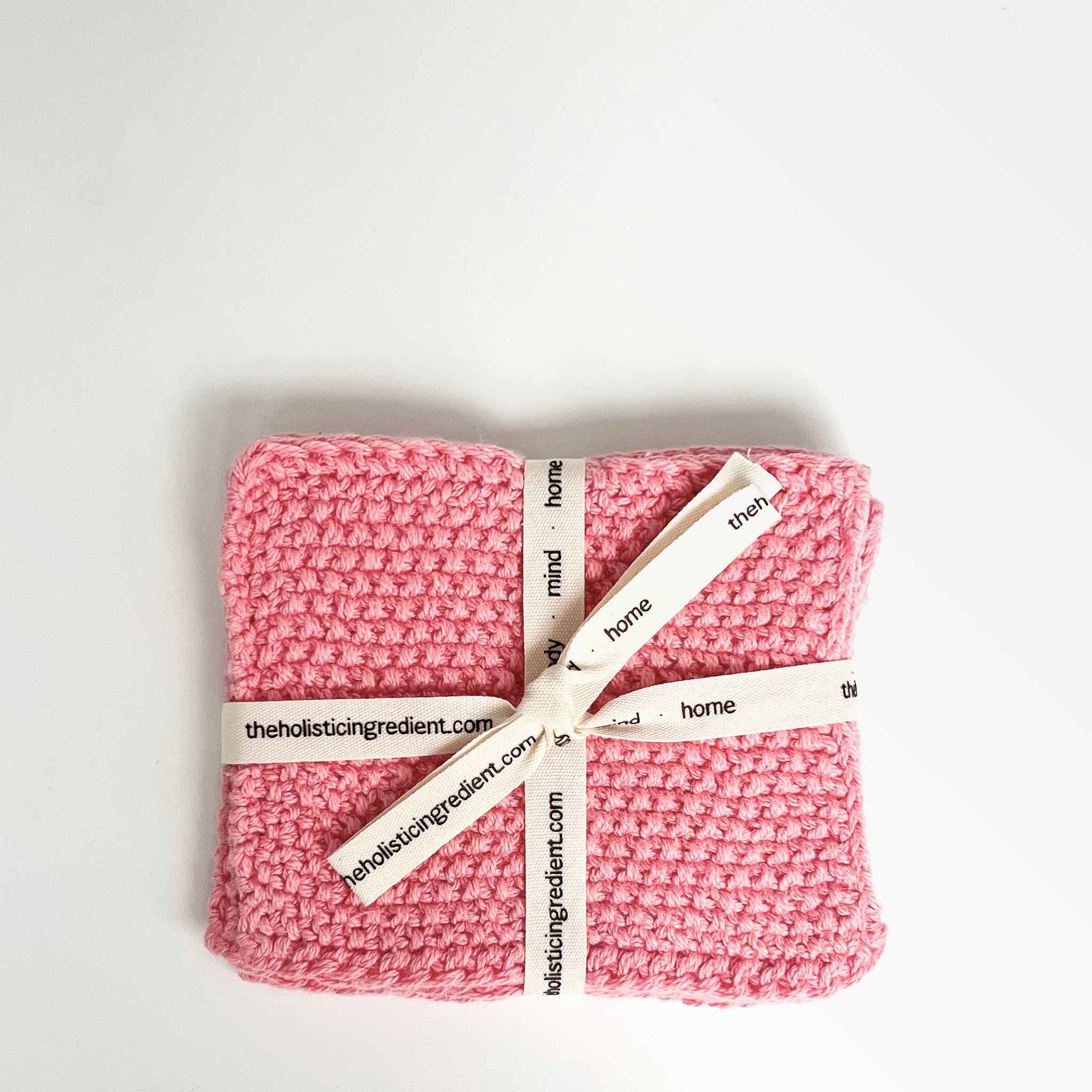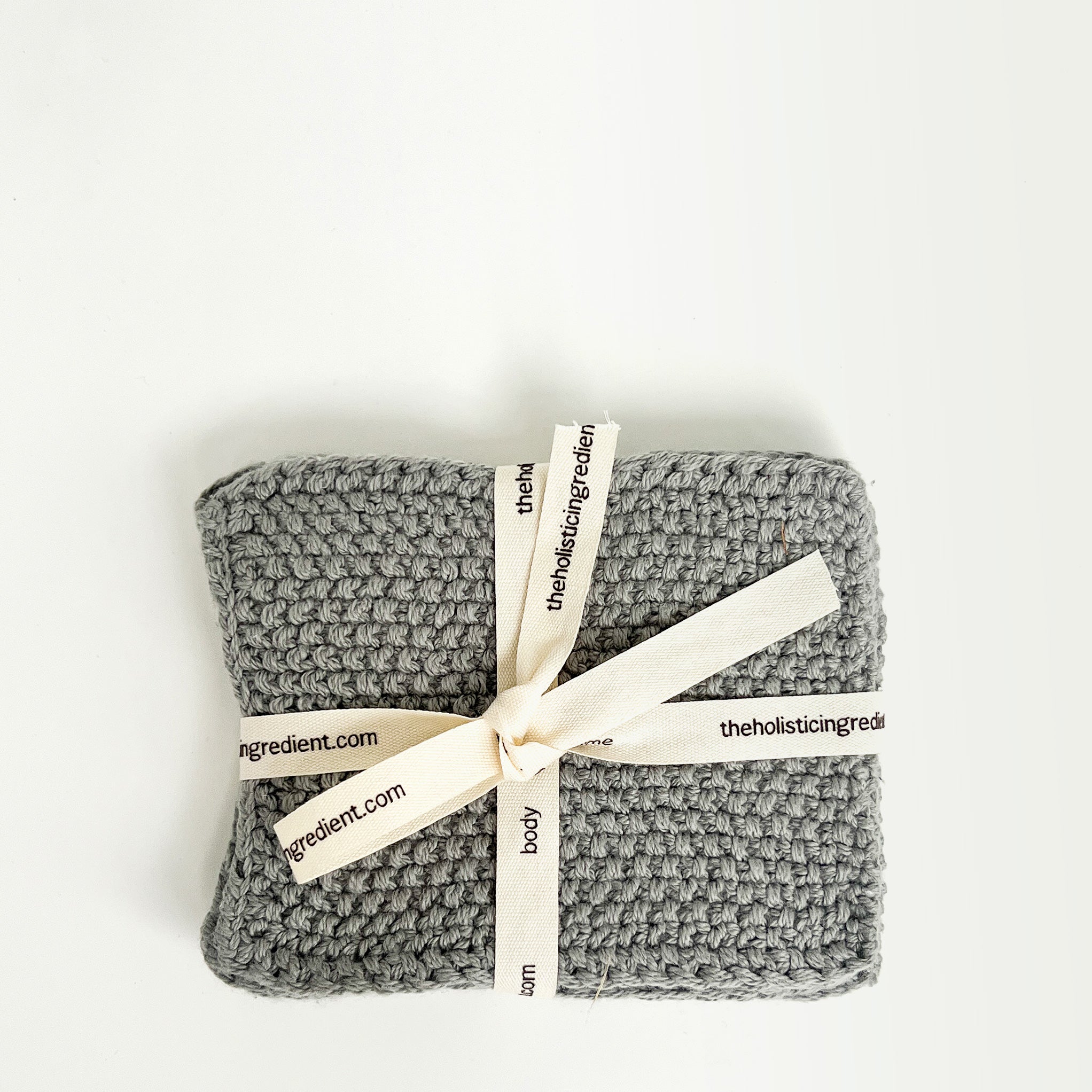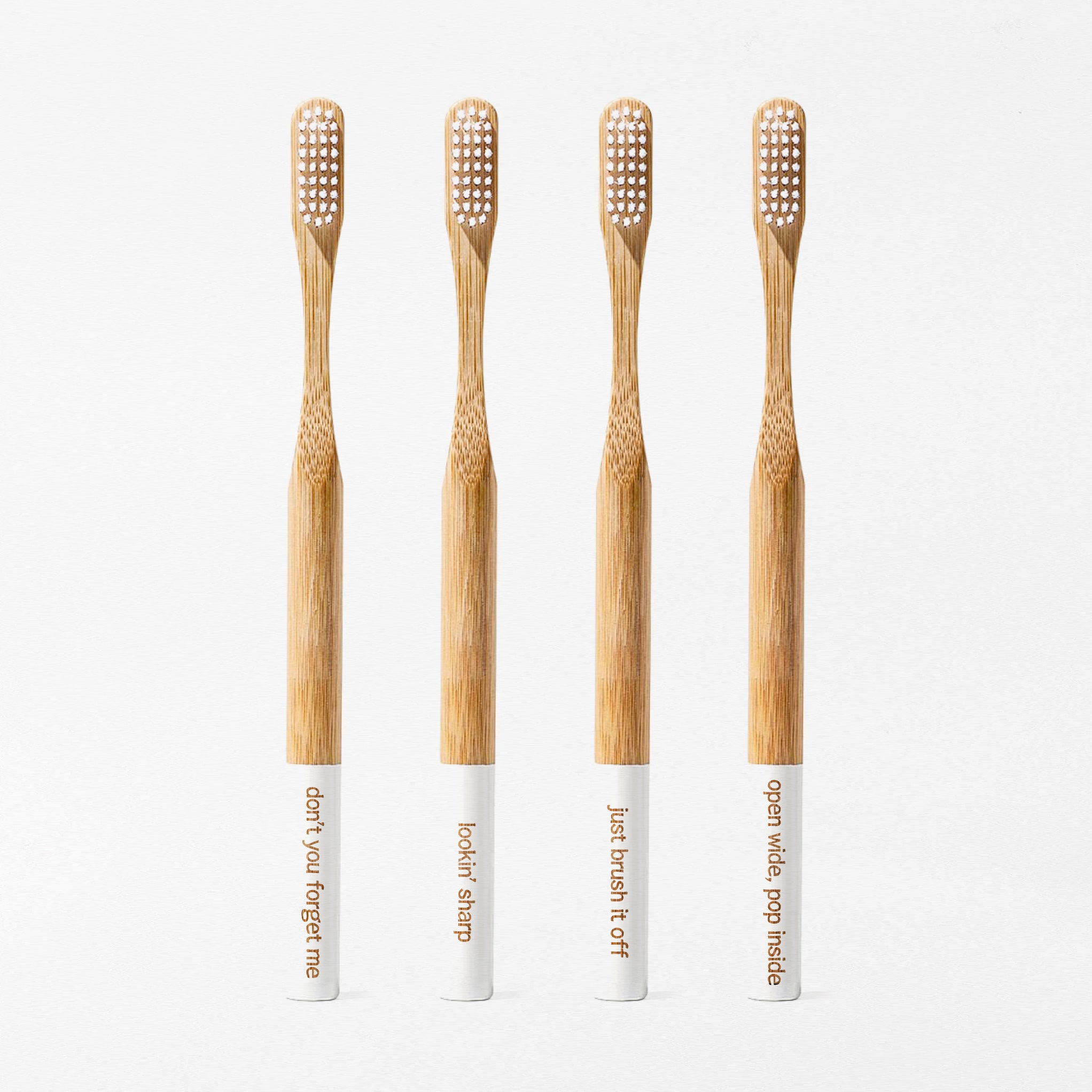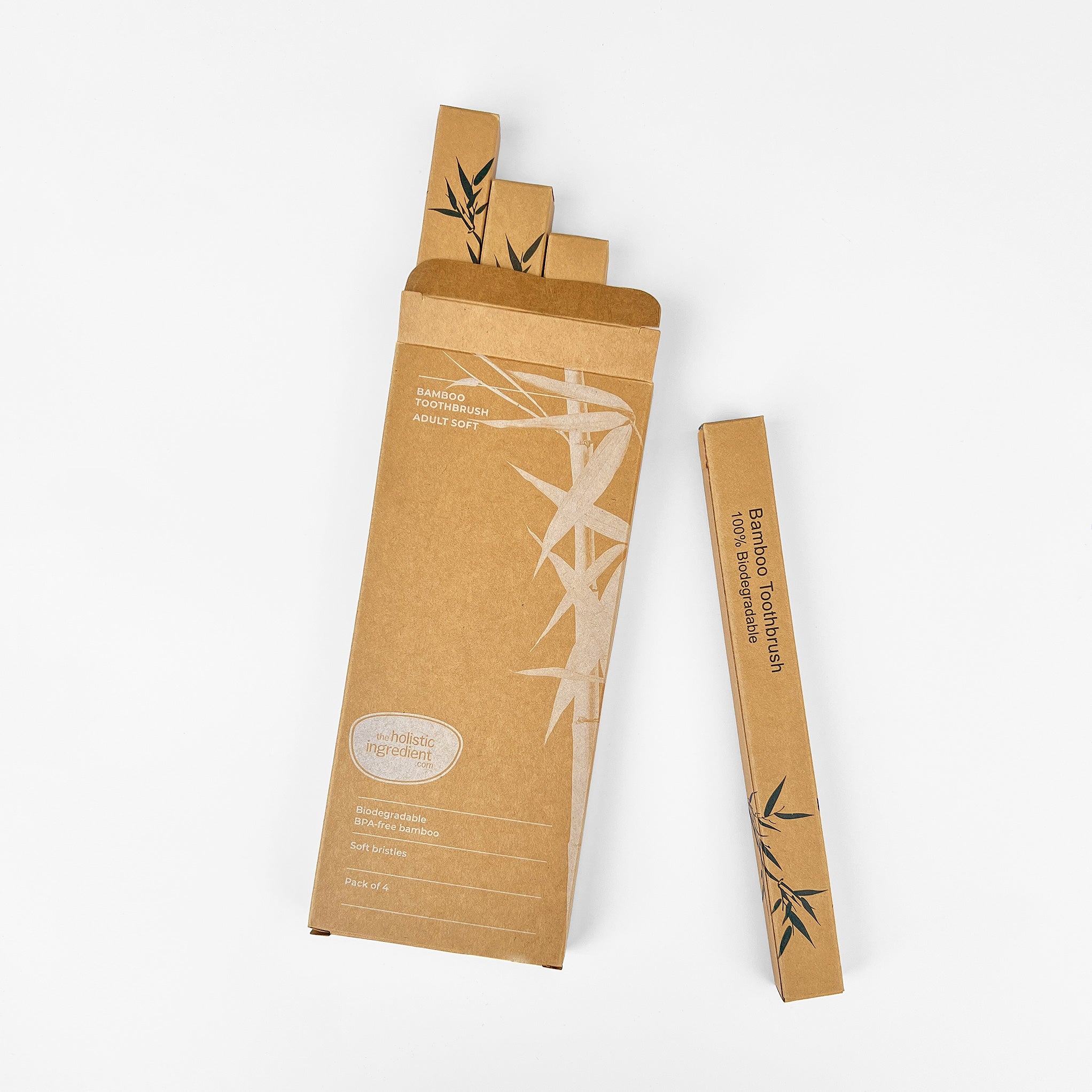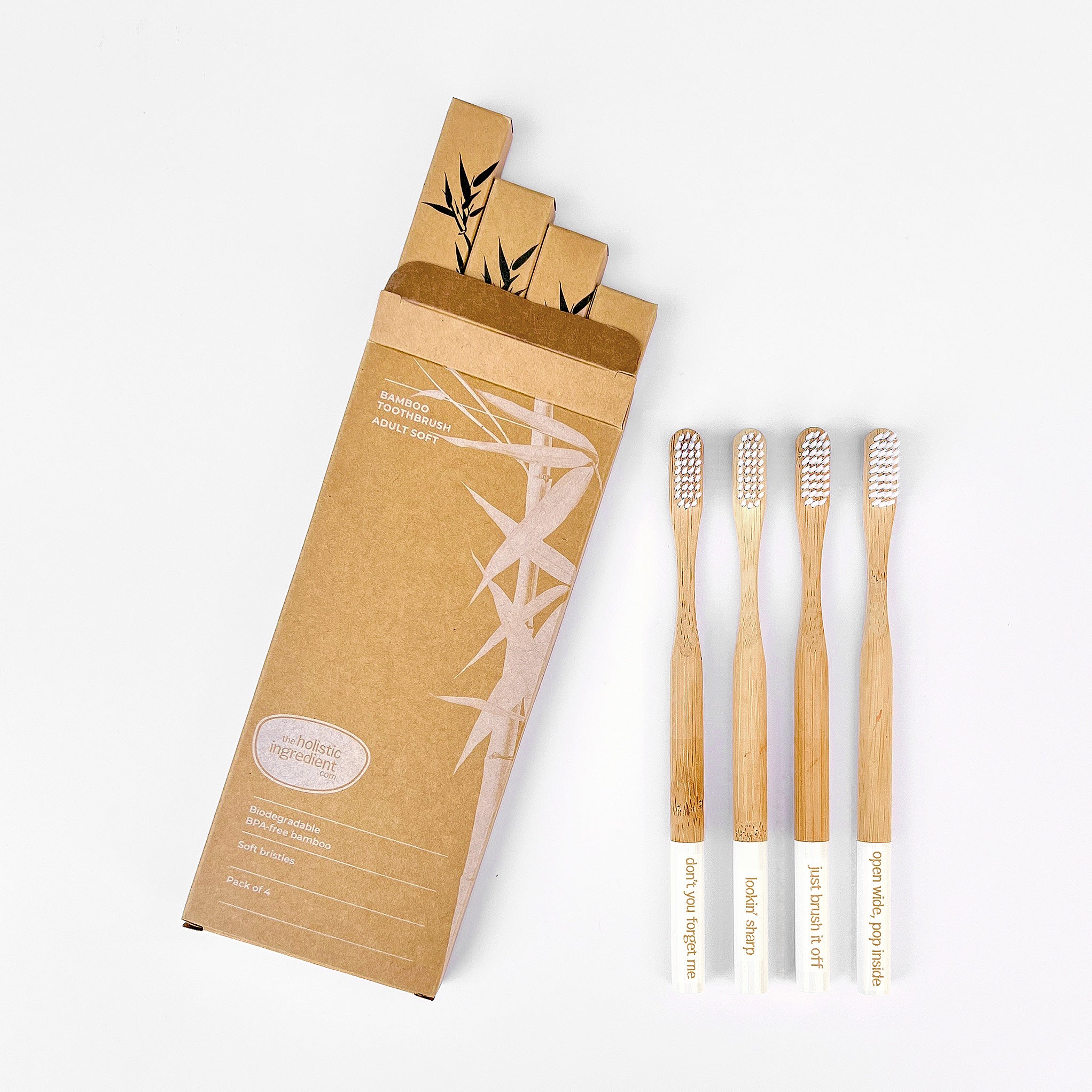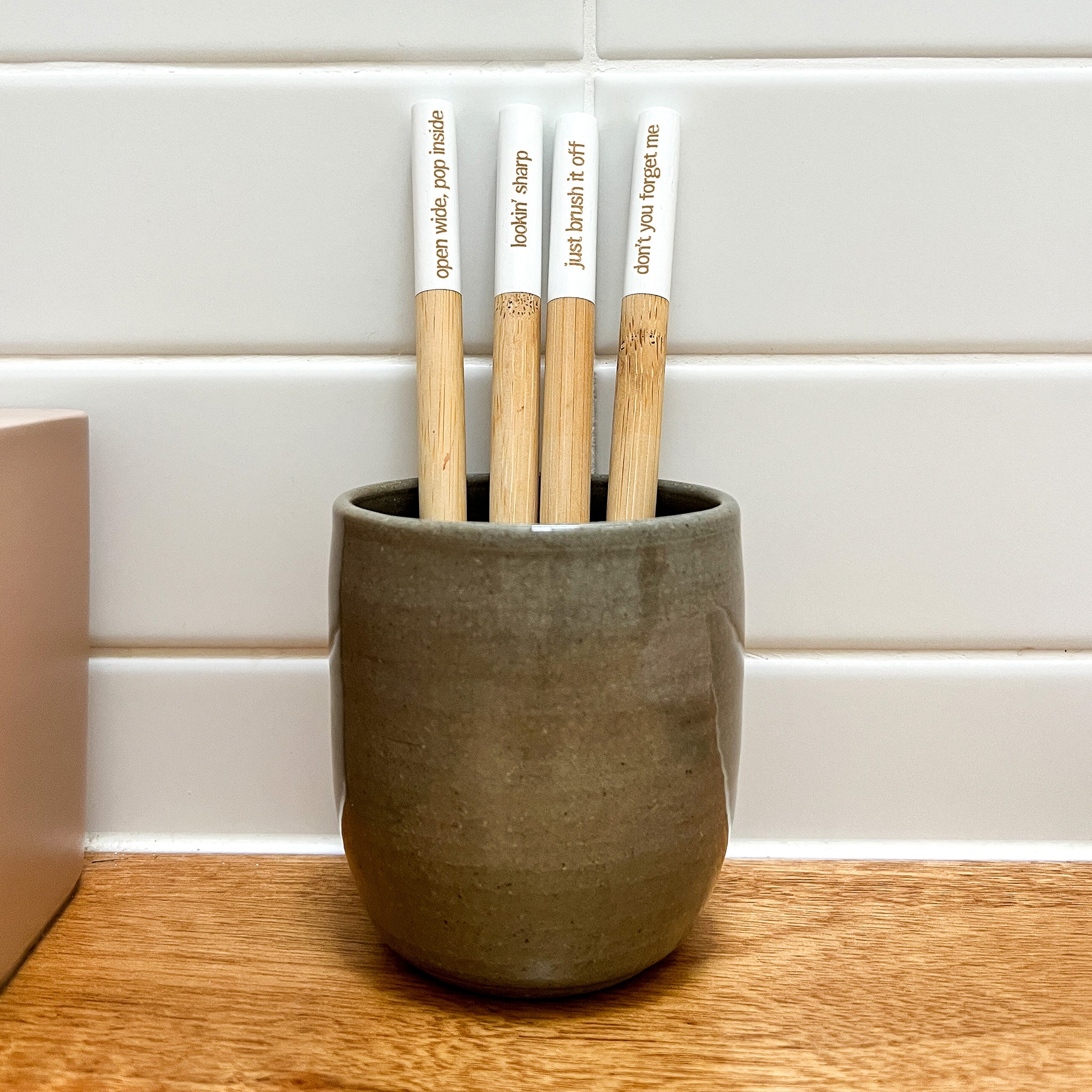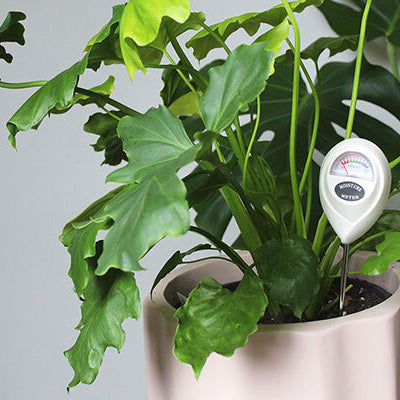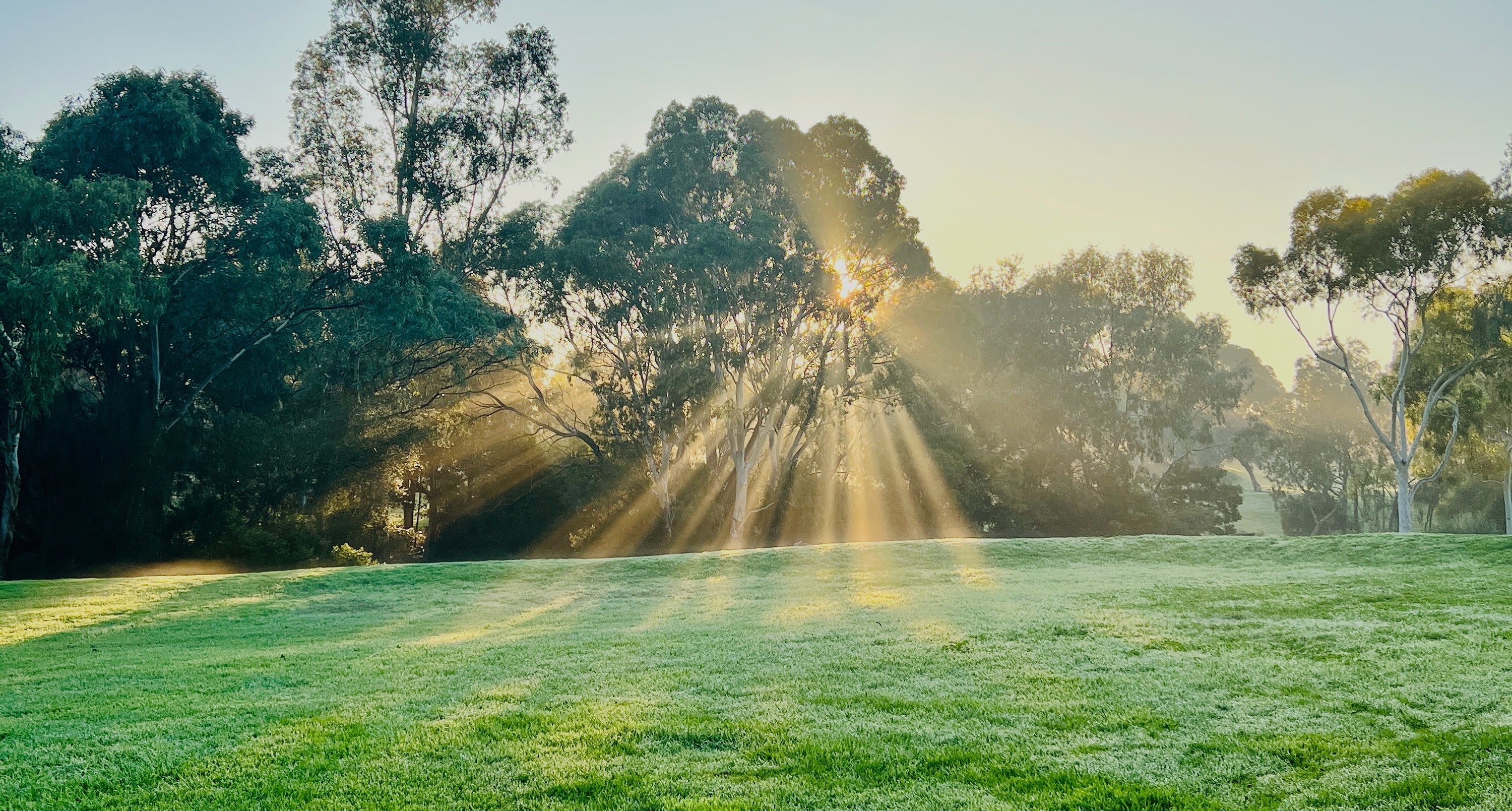
Today we bring you the second installment of our superfood feature series. Aiming to enlighten you as to why these particular foods are considered just that, 'super'. Spirulina has long been touted for it's nutrient content, but do you know exactly why? Well sit tight, let me tell you!
What is it?
Spirulina is a 100% natural and a highly nutritious micro salt water plant. This spiral shaped algae, otherwise referred to as cyanbateria, is an extremely rich food source, and when harvested from non-contaminated bodies of water, provides us with one of the most potent nutrient and protein sources available. Spirulina is essentially made up of protein and amino acids, and is highly recommended to vegetarians for its natural iron and B vitamin content.
The high concentration of protein and iron also makes it ideal during pregnancy, after surgery, or anytime the immune system needs a boost. Here we get down to the nitty gritty of why it is good for you.
Why it's good for you?
- Spirulina is comprised of 65% protein, amino acids that include linolenic acid, which has been touted for its superb anti inflammatory properties.
- Spirulina is very high in chlorophyll, which serves to remove toxins from the blood and boost the immune system. Additionally, spirulina will bind with heavy metal toxicity in the body to assist removal.
- High in iron, spirulina becomes an excellent food source during pregnancy, and those with anaemia. The iron is spirulina is highly bio available, meaning it is easily absorbed.
- Spirulina brims with Omega 3, 6 and 9 fatty acids. Is particularly high in Omega 3's, which are essential for brain function.
- Did you know that spirulina has 4 times the concentration of antioxidants found in blueberries? (An ORAC score of over 24,000).
- Additionally, you will find a myriad of vitamins and minerals within this superfood: B-1(thiamine), B-2 (riboflavin), B-3(nicotinamide), B-6 (pyridoxine), B-9 (folic acid), vitamin C, vitamin D, vitamin A and vitamin E. It is also a source of potassium, calcium, chromium, copper, iron, magnesium, manganese, phosphorus, selenium, sodium and zinc.
- Also notable, spirulina may promote a healthy metabolism and assist with fat burning during exercise.
Read more about that here.
How to eat it?
Spirulina is available in both powdered and tablet form. Powder is great for smoothies, juices and drinks and proves beneficial as the powder is easily digestible. Powder will provide quick energy and nourishment between meals (or in place of a meal), and your body will feel the positive energy within minutes of consumption. 2 tablespoons per day is recommended. Spirulina has a strong taste, so for beginners, it’s best to blend with juice or fruit, preferably cold pressed juice. It is also dark green in color and can stain clothing, so be careful not to spill!
If the taste of spirulina is not your preference (it does taste a little like pond water!), then supplementing with spirulina tablets may be a great option for you. Be sure to look for tablets made without the addition of starch, sugar, fillers or preservatives. I am told that you can't overdo the consumption of spirulina, and many chose to take between 10-20 capsules (approx 500mg or the equivalent of the 2 tablespoons of the powder) per day. Digestion of the tablets will take longer than the powder.
So, if there is a time in your day when your energy is running low, take some spirulina and notice how your body feels an hour or two later. Feeling dehydrated and sluggish after coffee or alcohol? Spirulina may also help you out.
Please note that those that should not consume spirulina include the following:
- Those with hyperparathyroidism
- Those with severe allergies to seaweed or seafood
- Those who are currently experiencing a high fever.
Where to buy it?
Spirulina is available from your local health food store. We here at THI are very much enjoying the Clean Spirulina available from Forest Superfoods. A Certified Organic brand based here in Australia. You can purchase their spirulina, and check out the other superfoods they have on offer online here.
I'd love to know who uses this superfood on a regular basis. Have you noticed a change in your energy levels since supplementing with spirulina?
Oh, and don't forget to tell us in the comments below, which superfood would you like to hear about next?!



